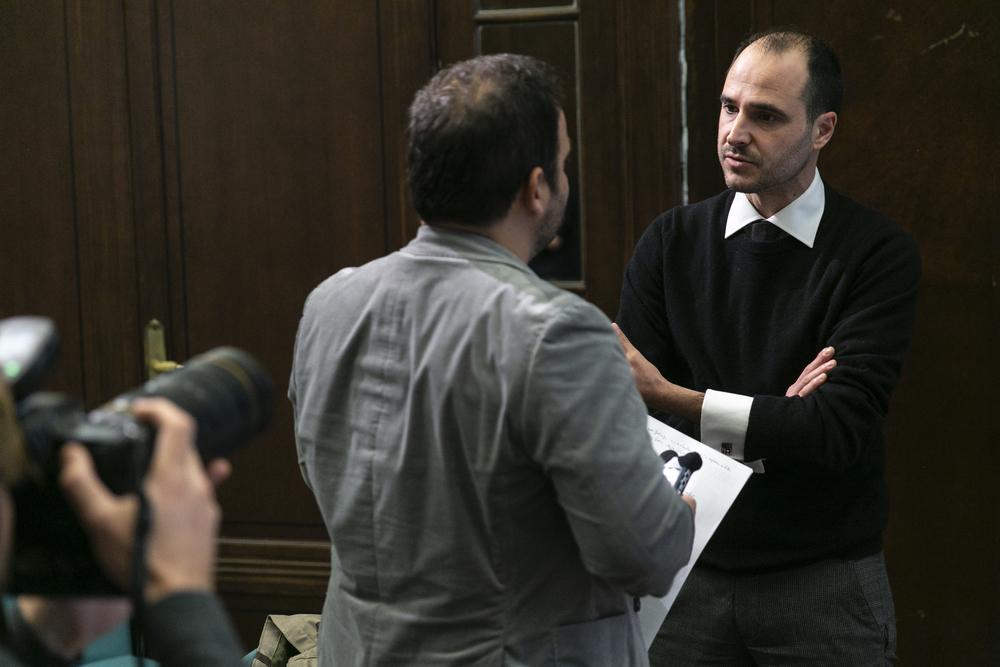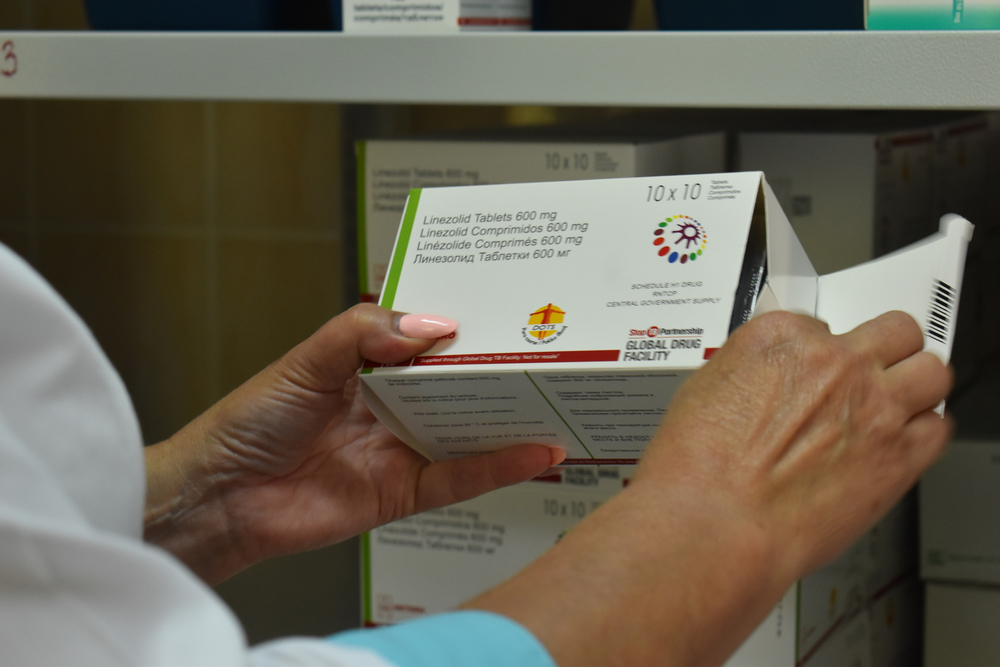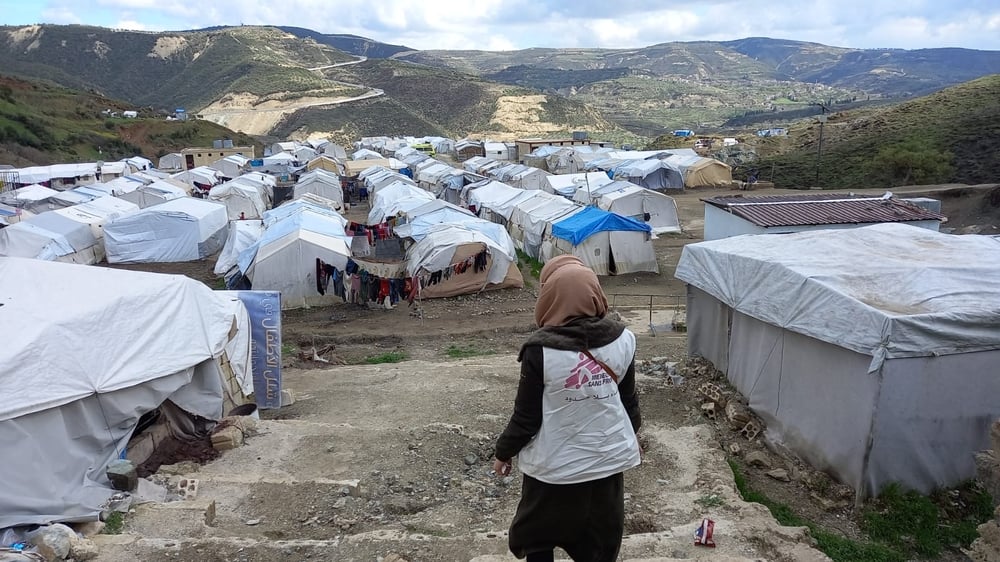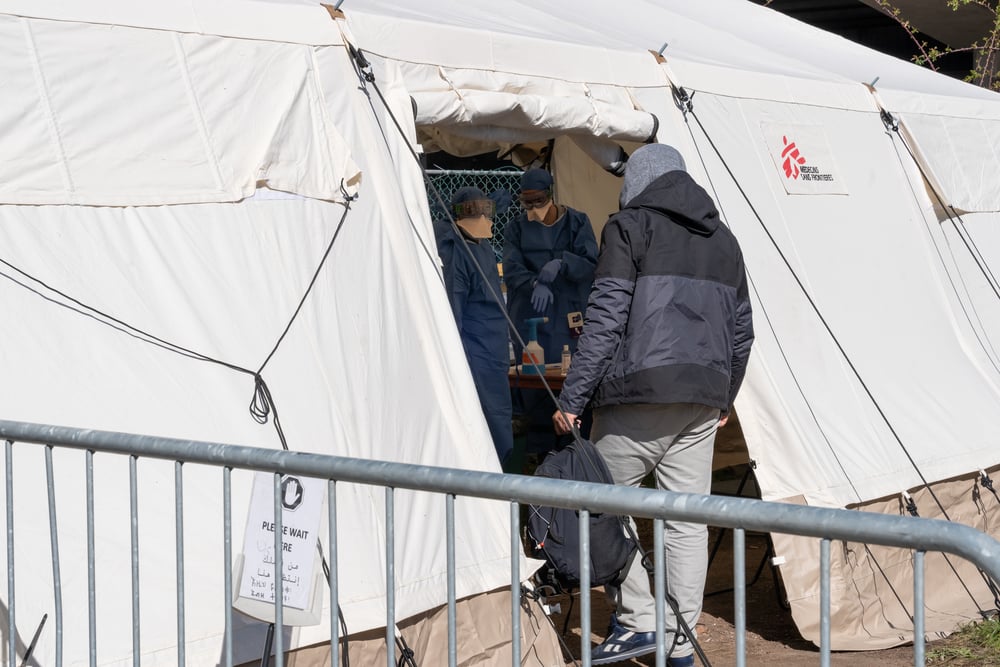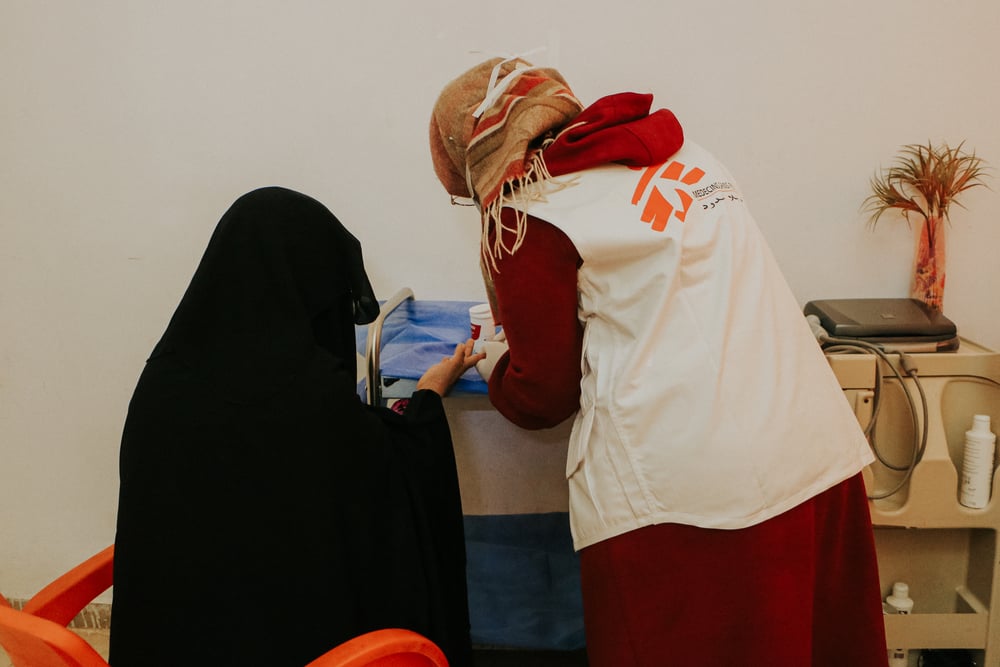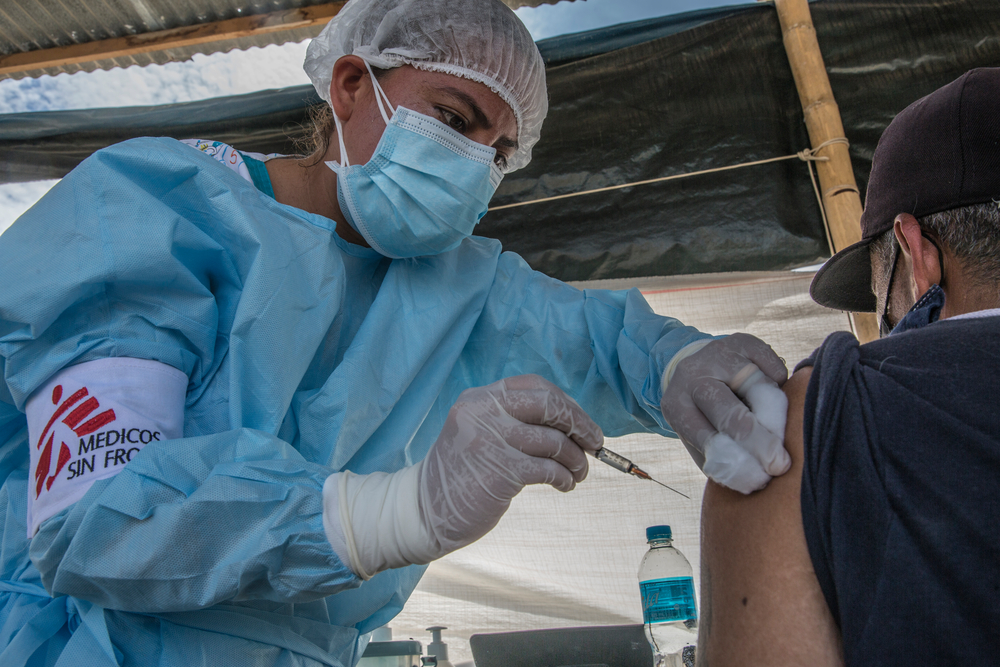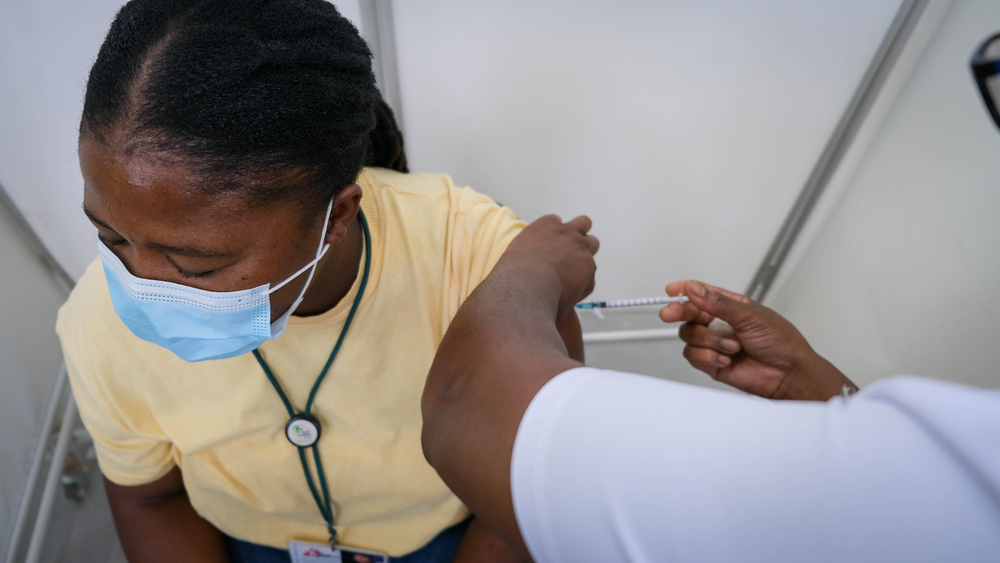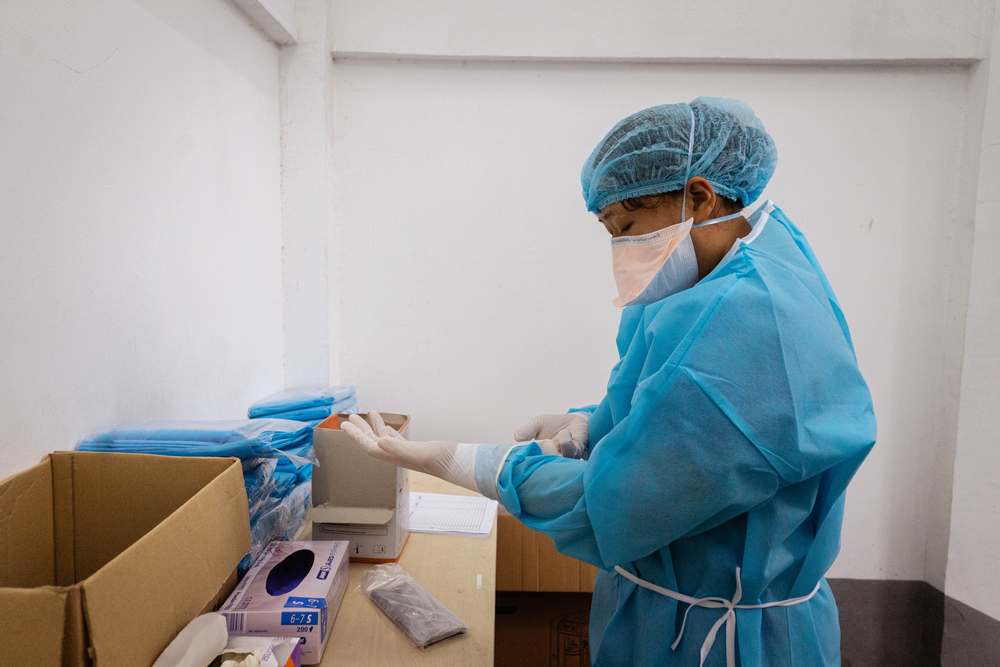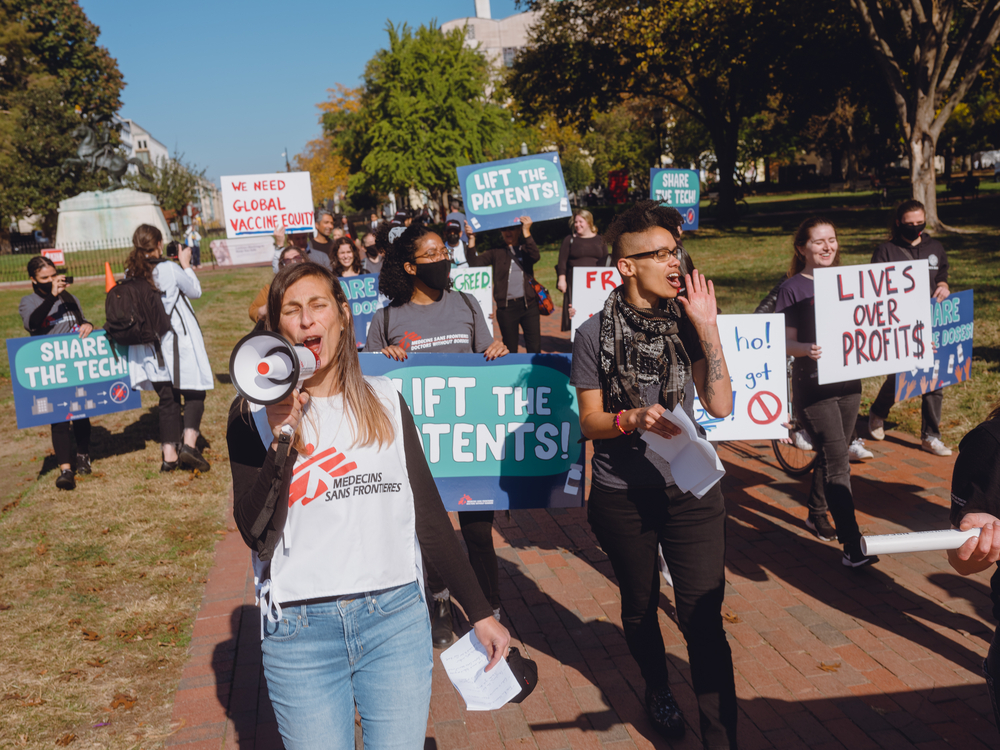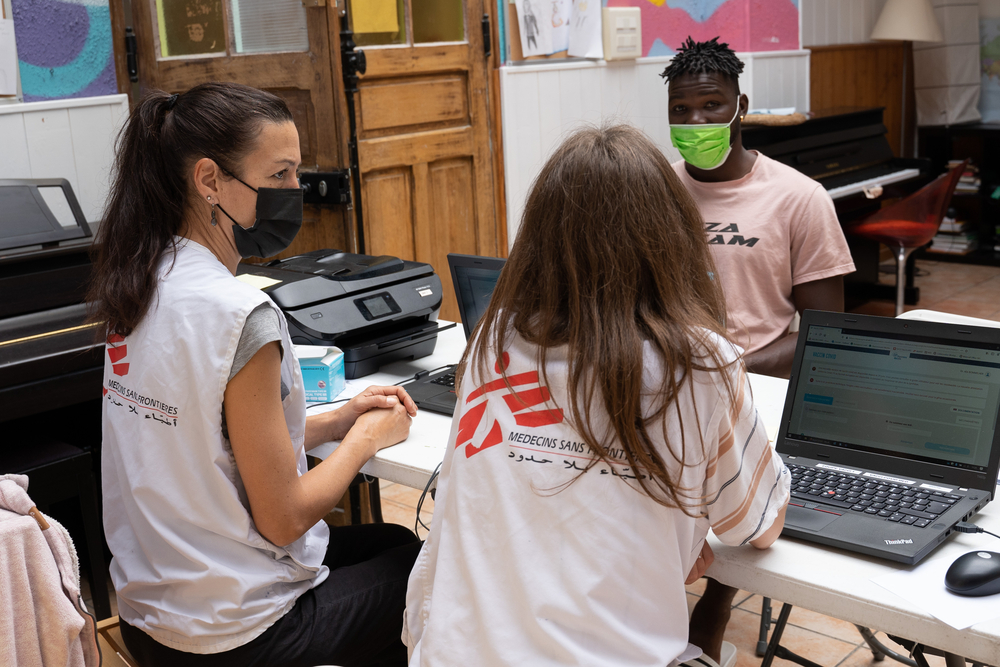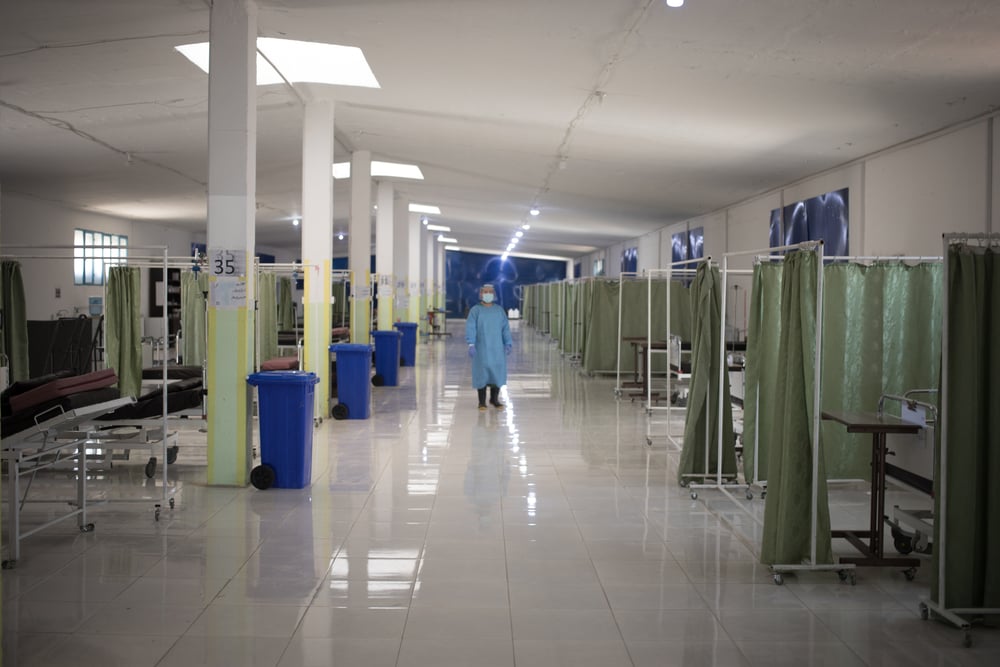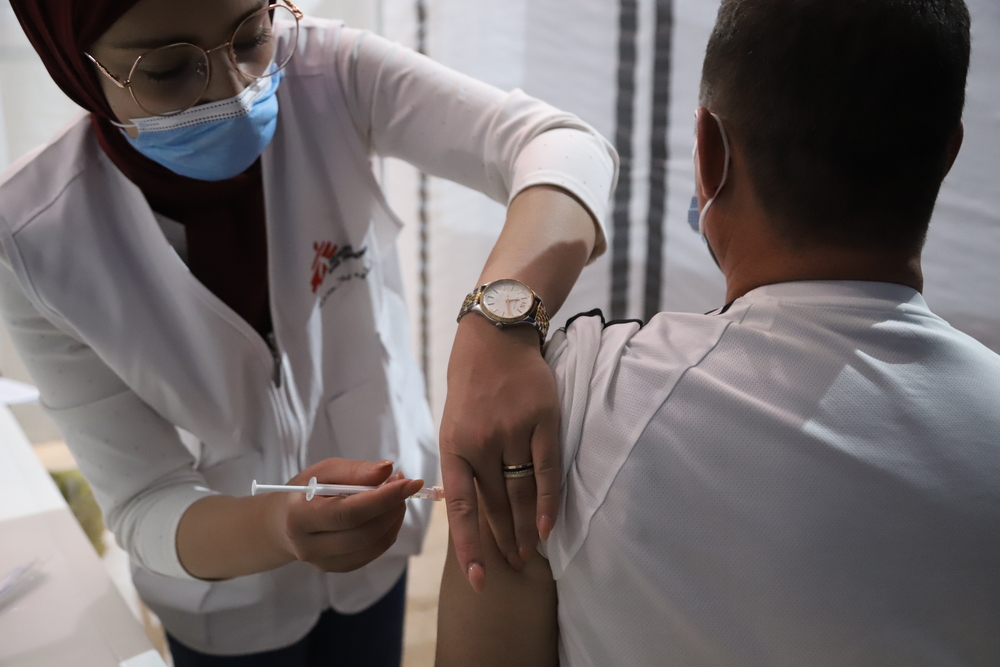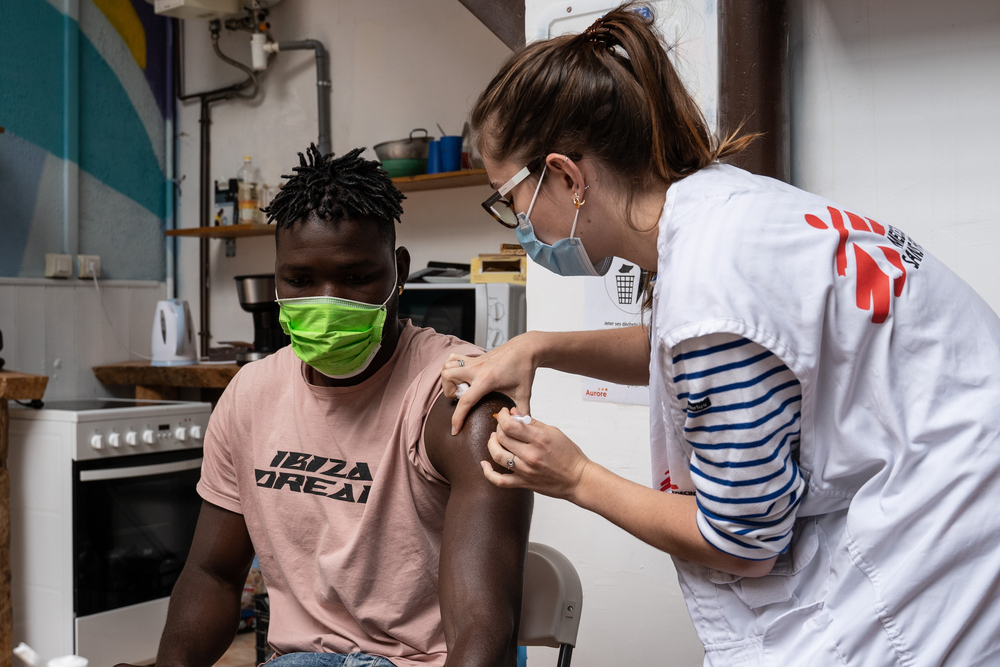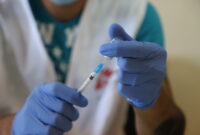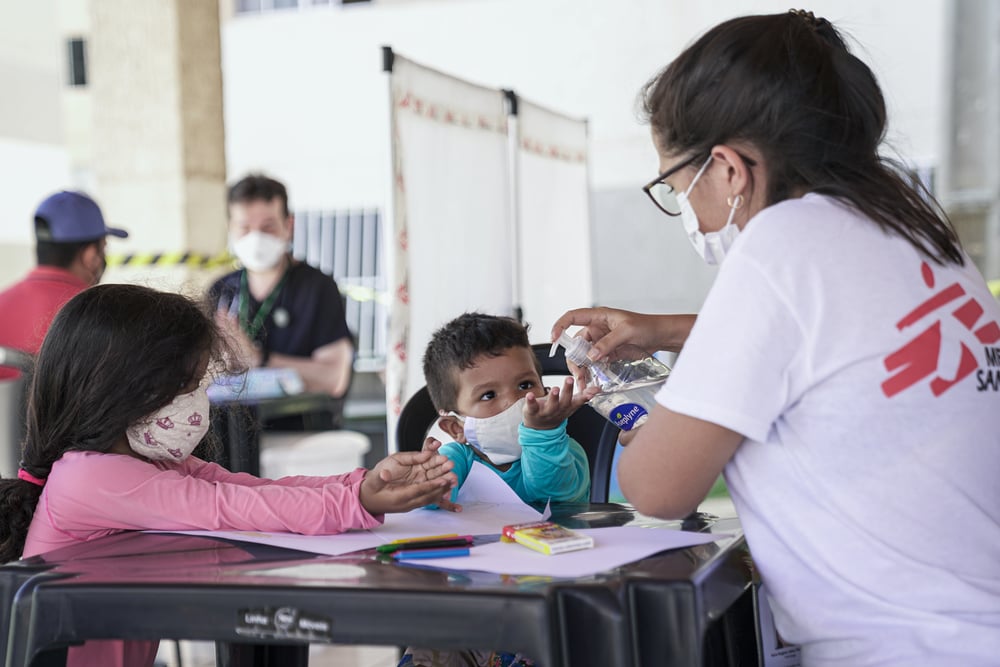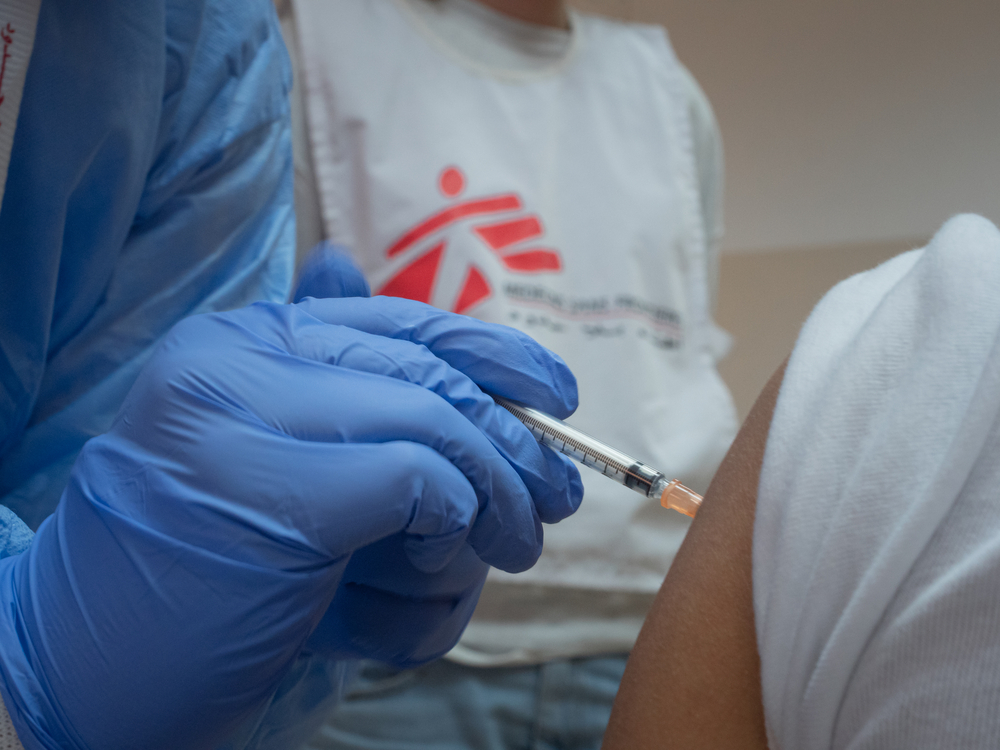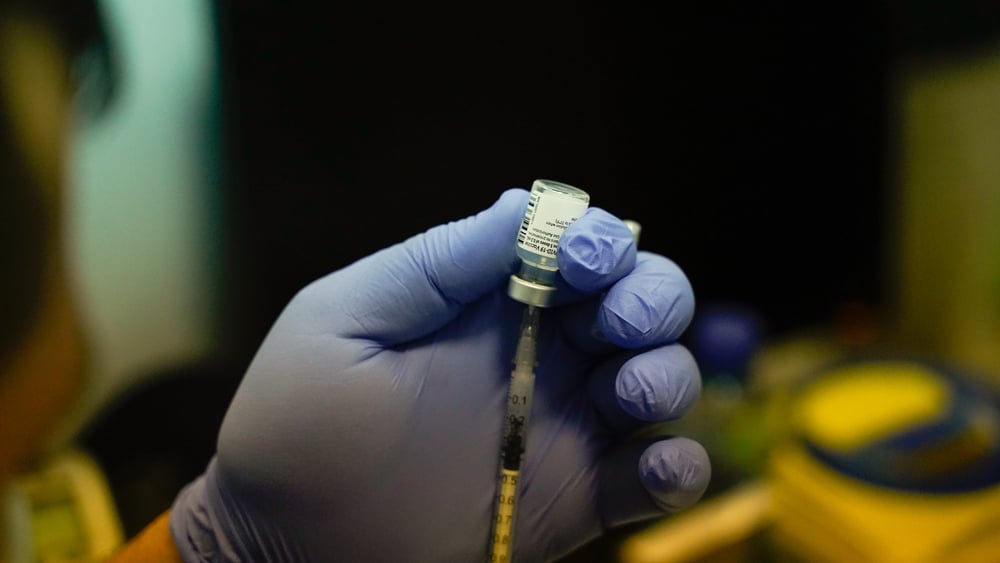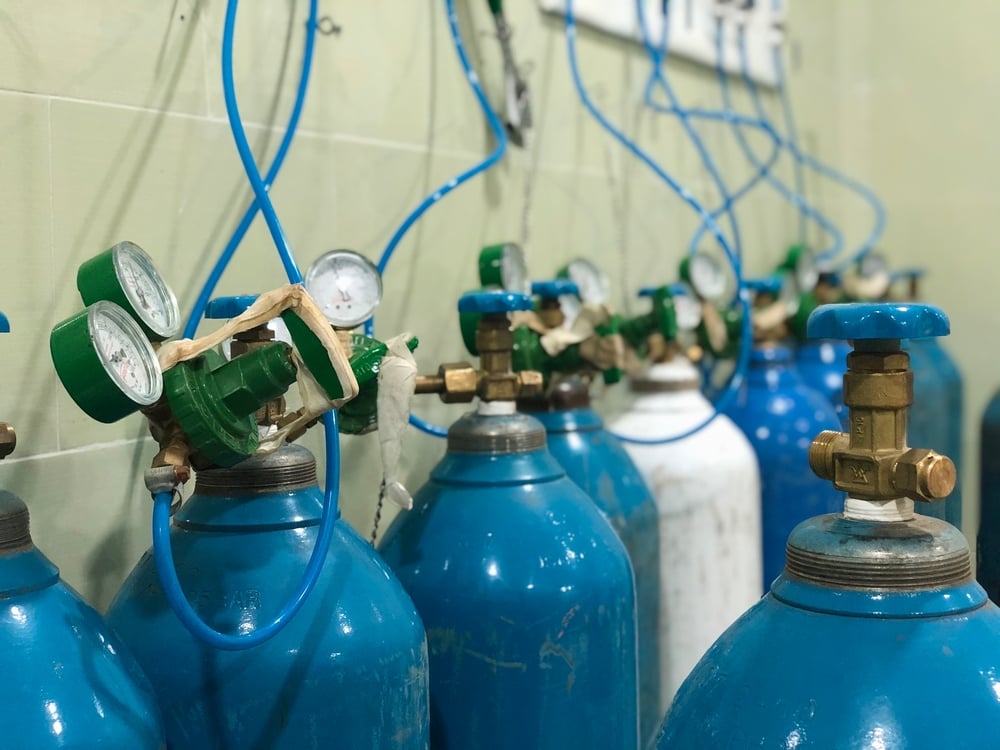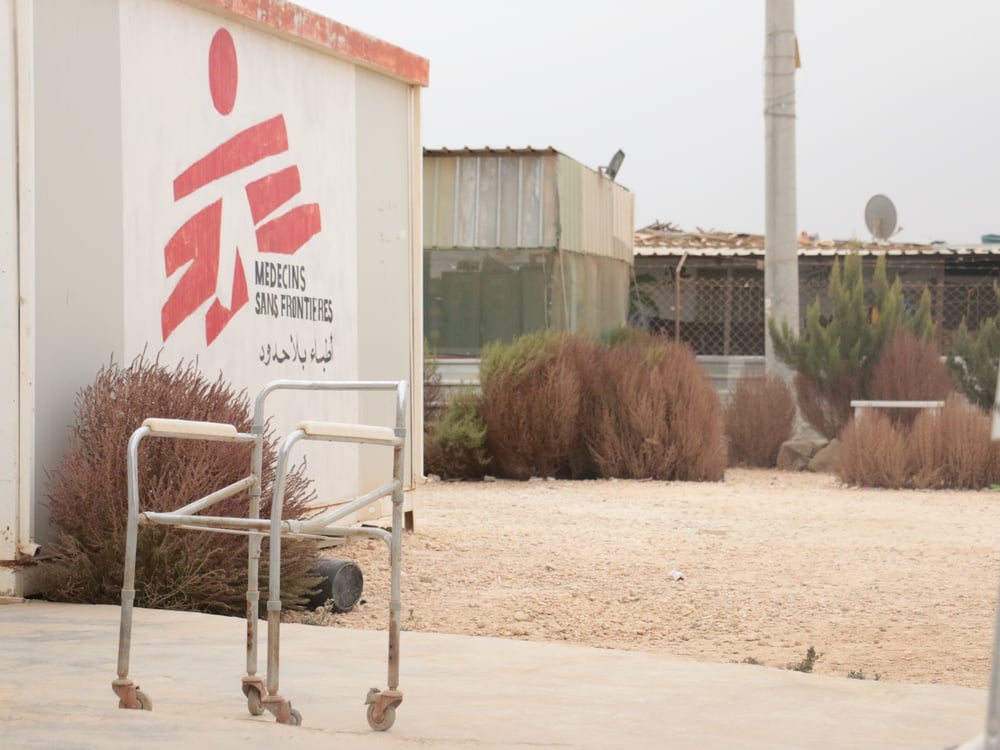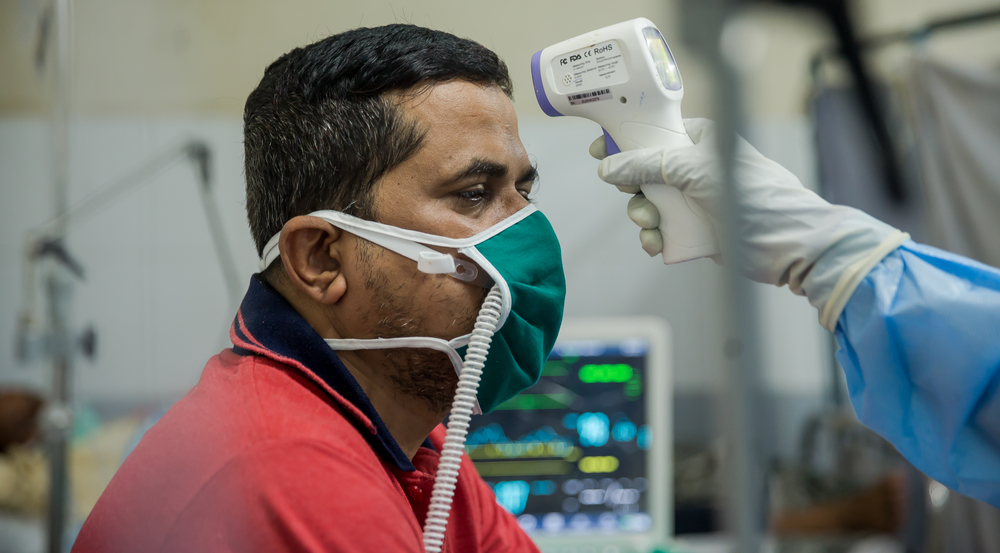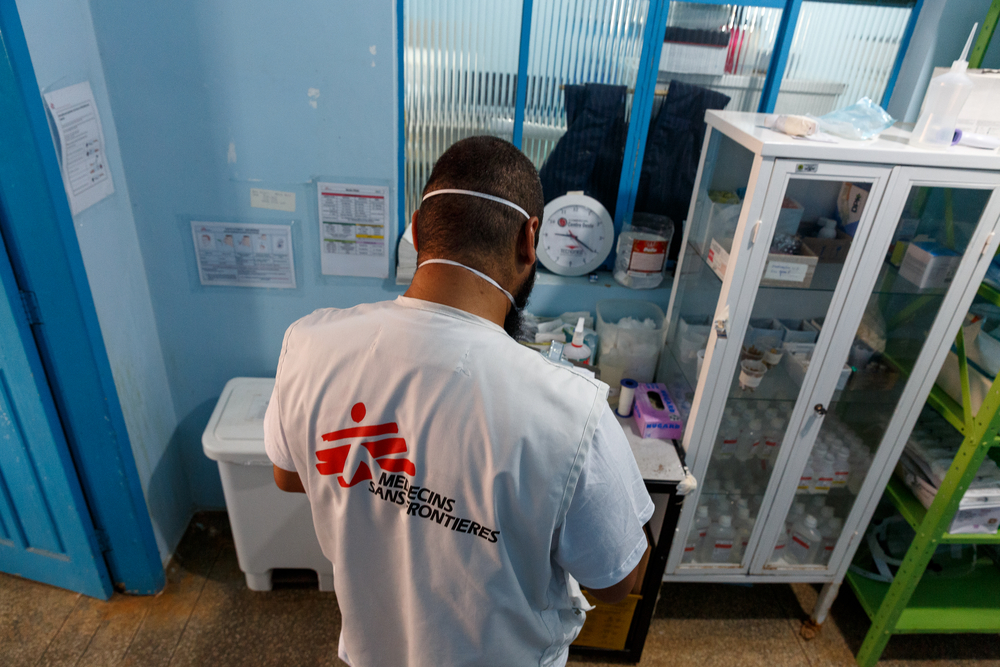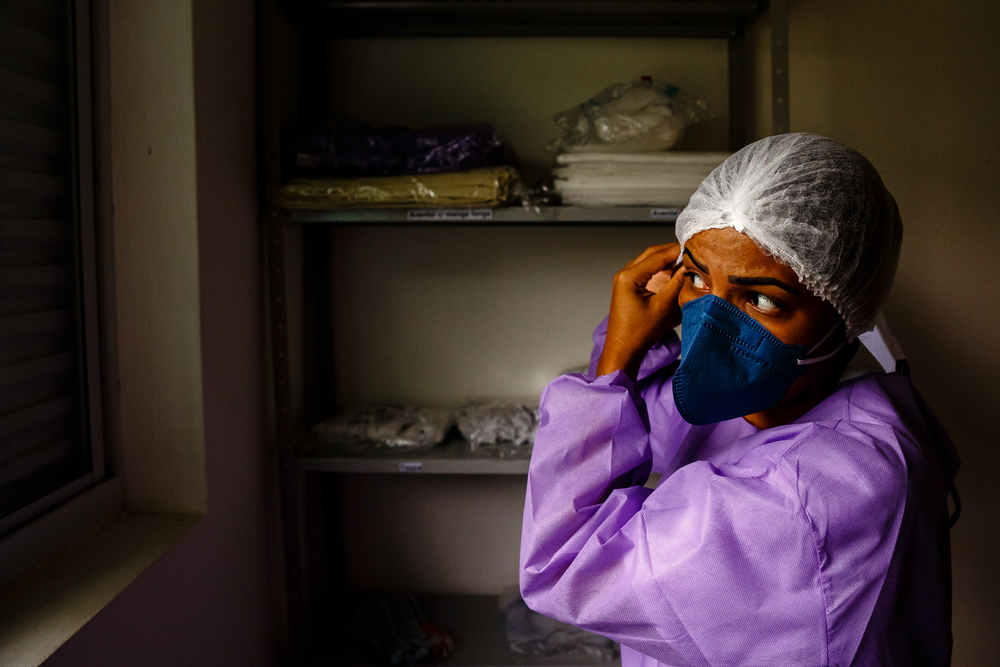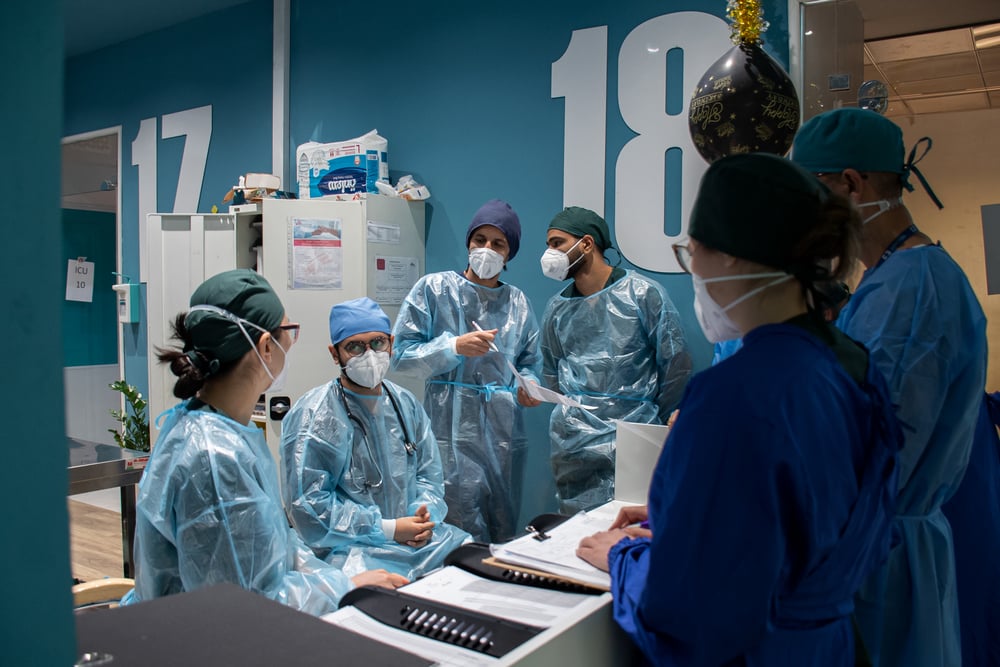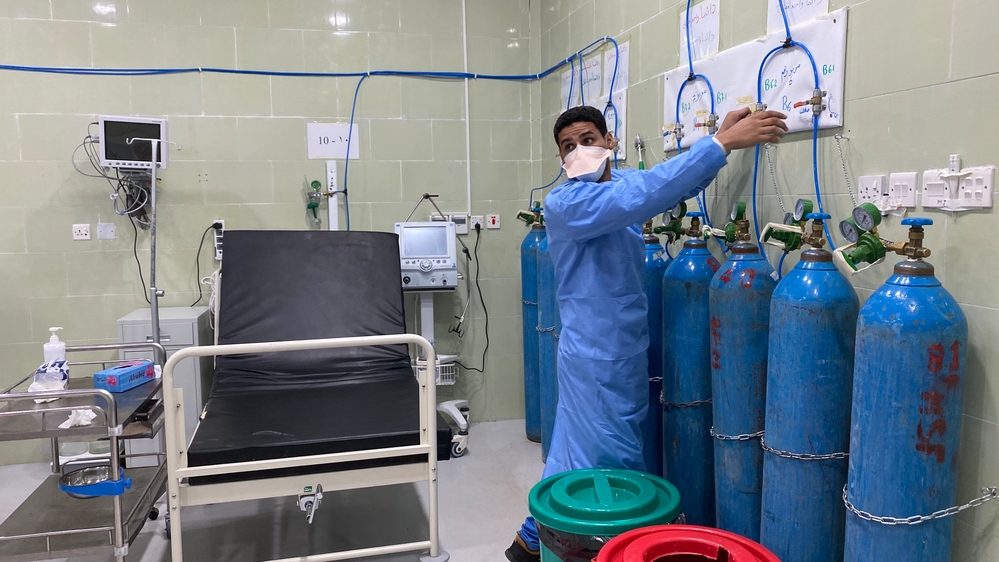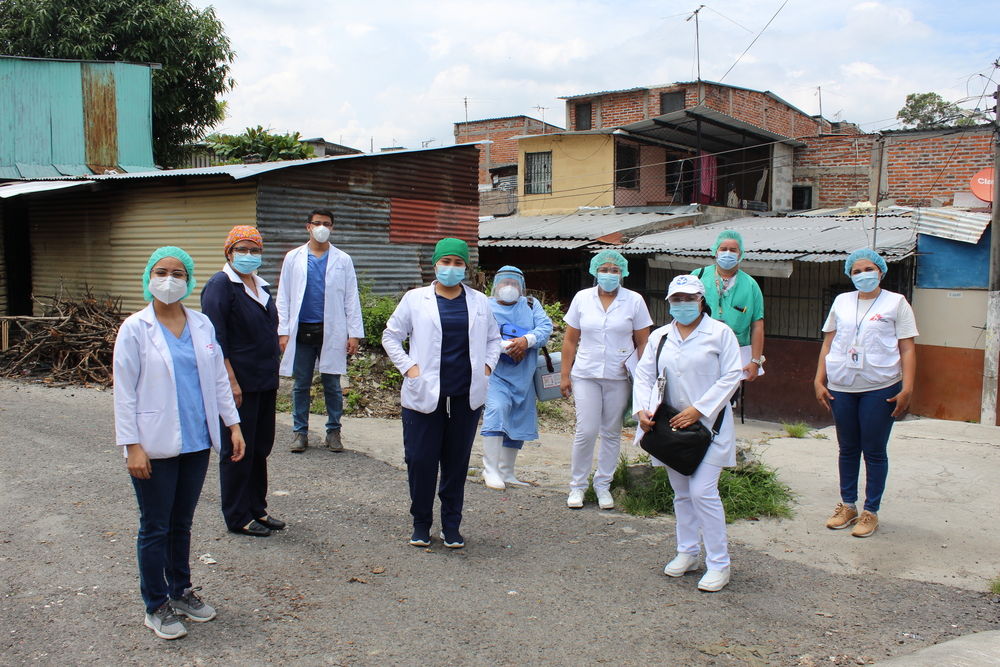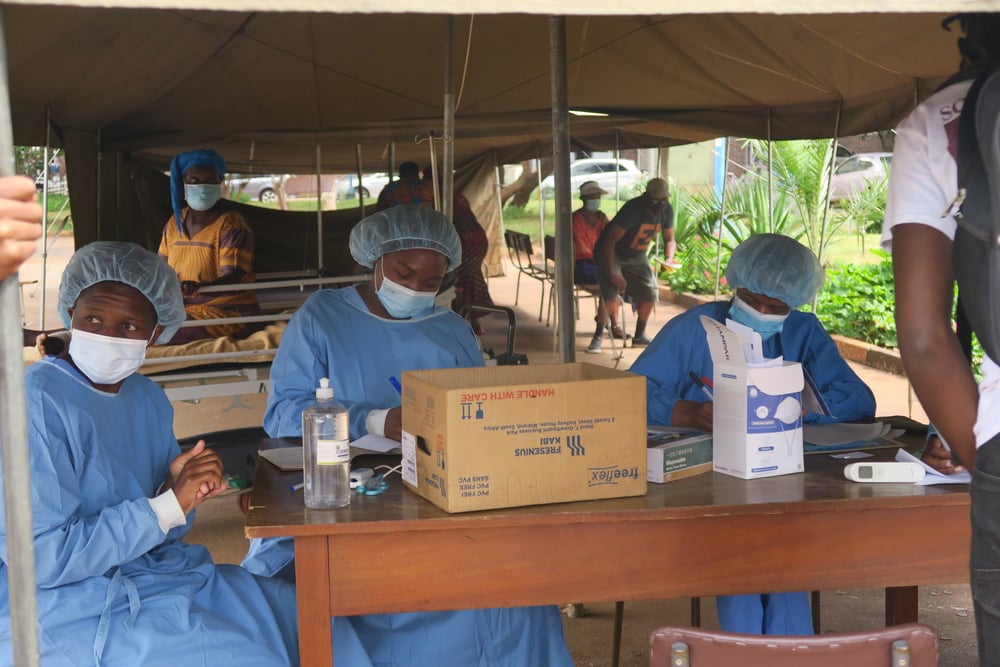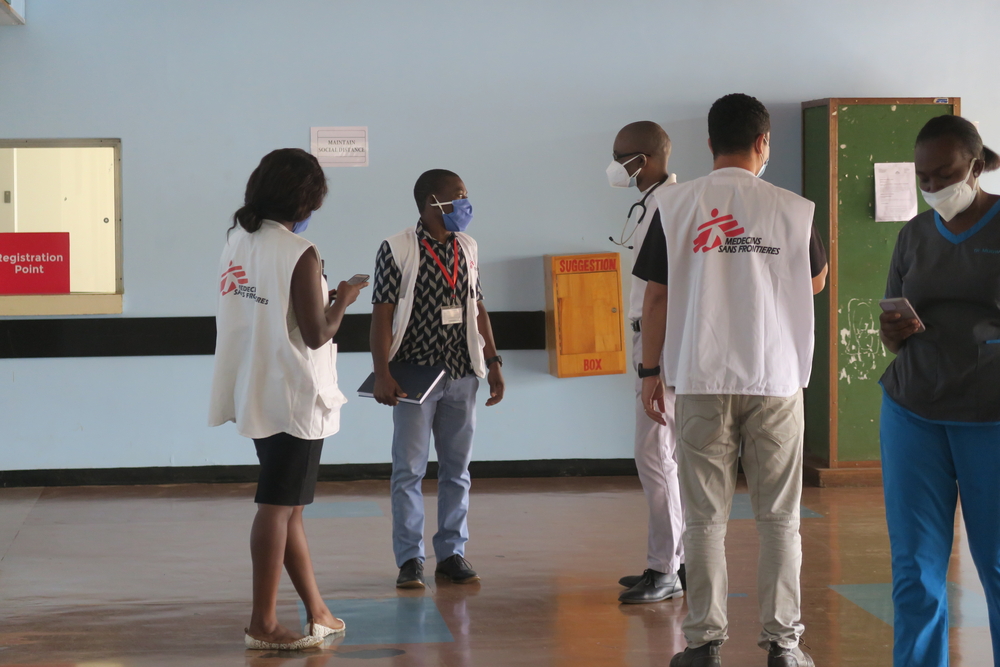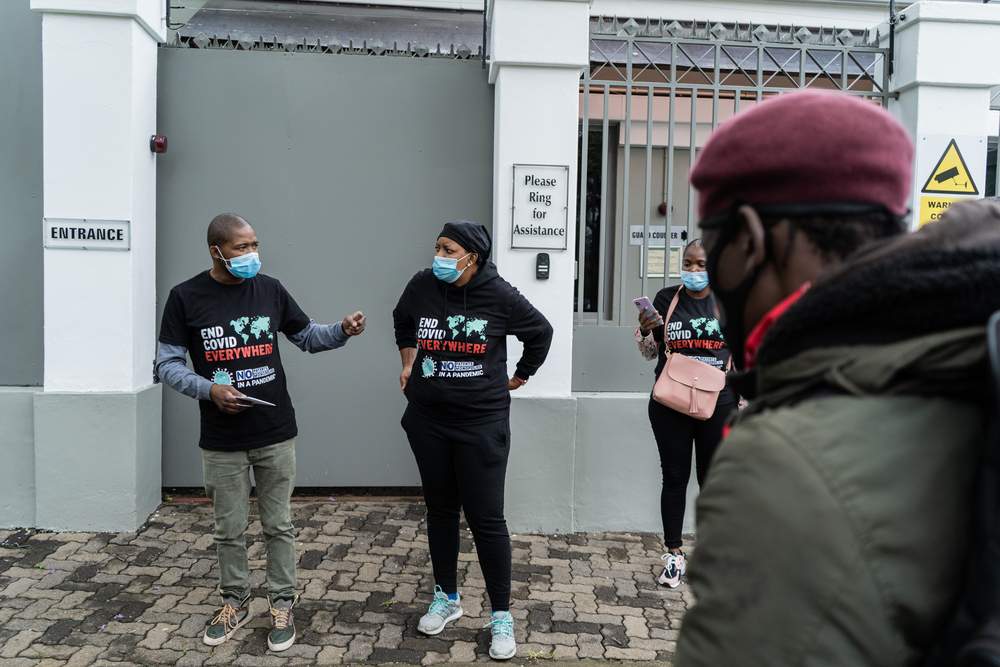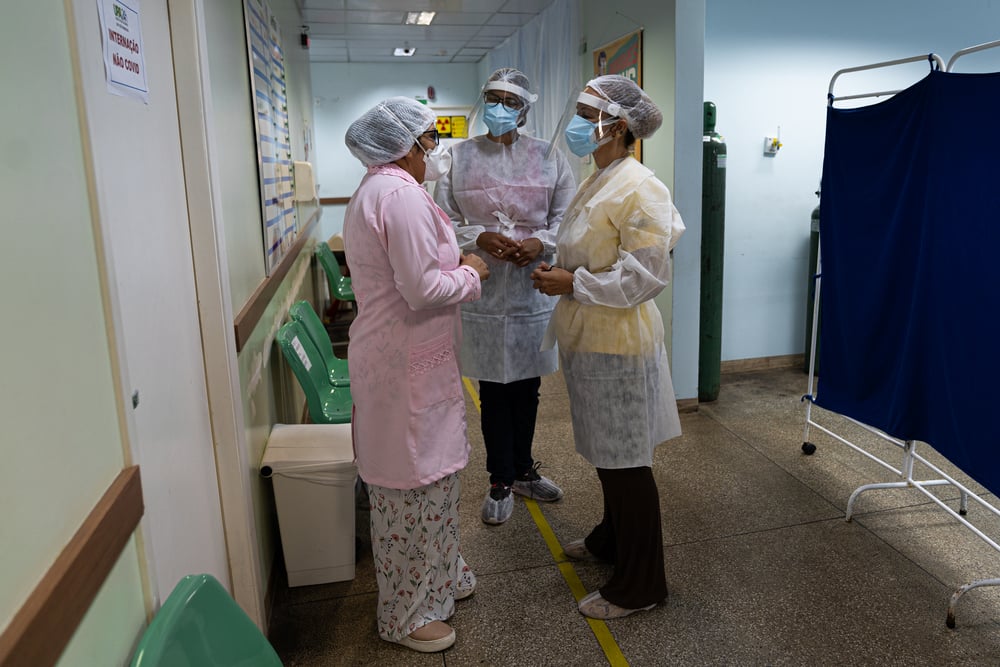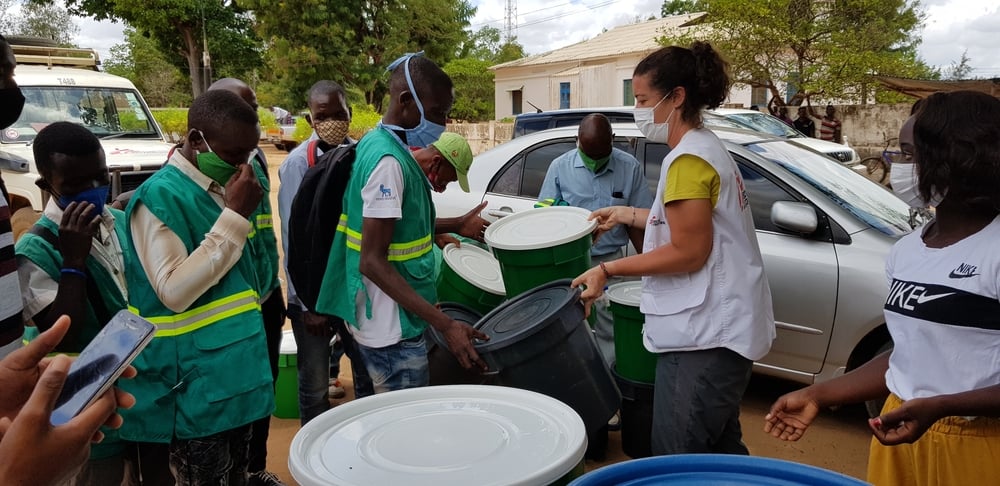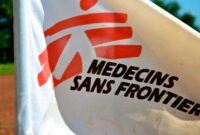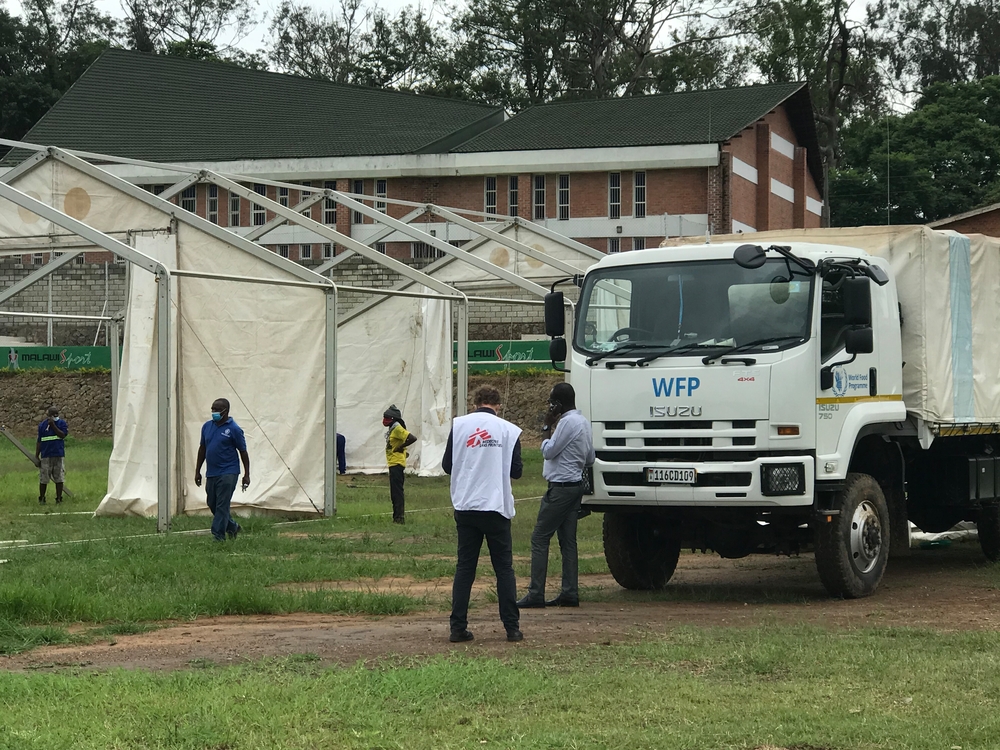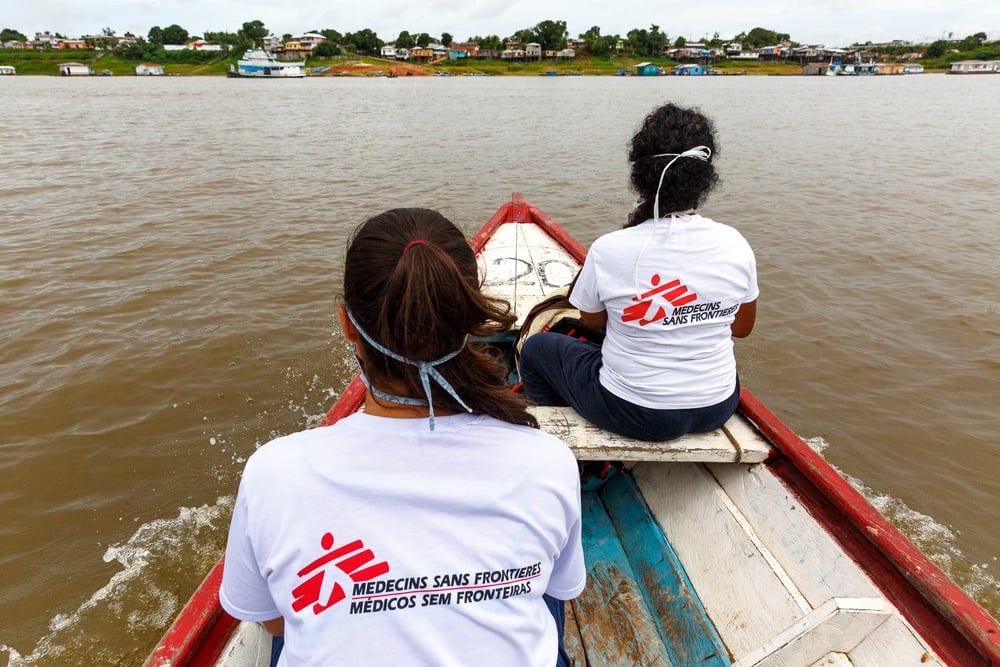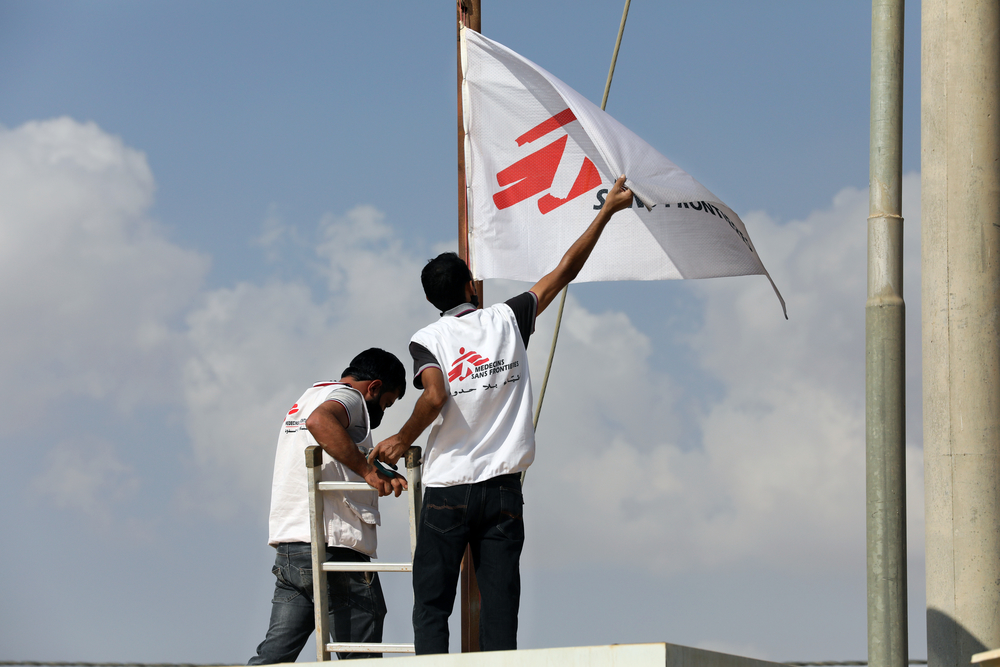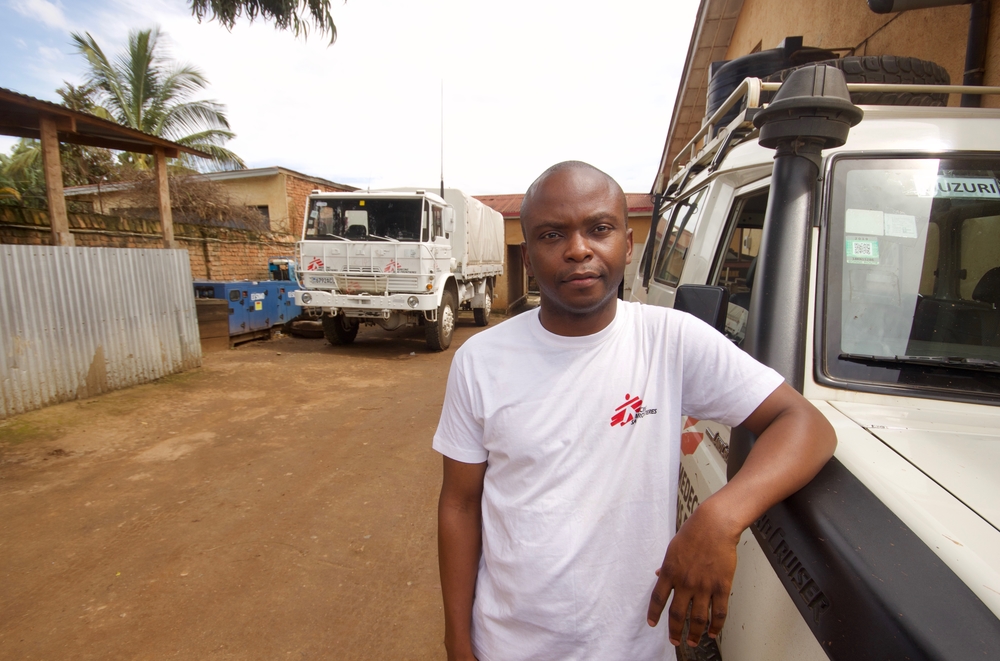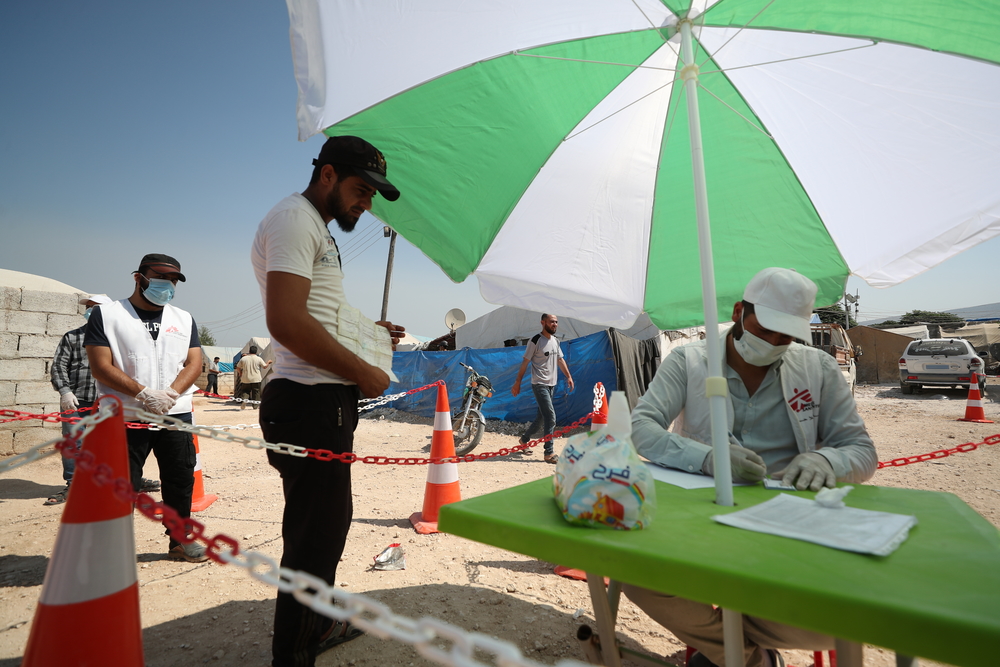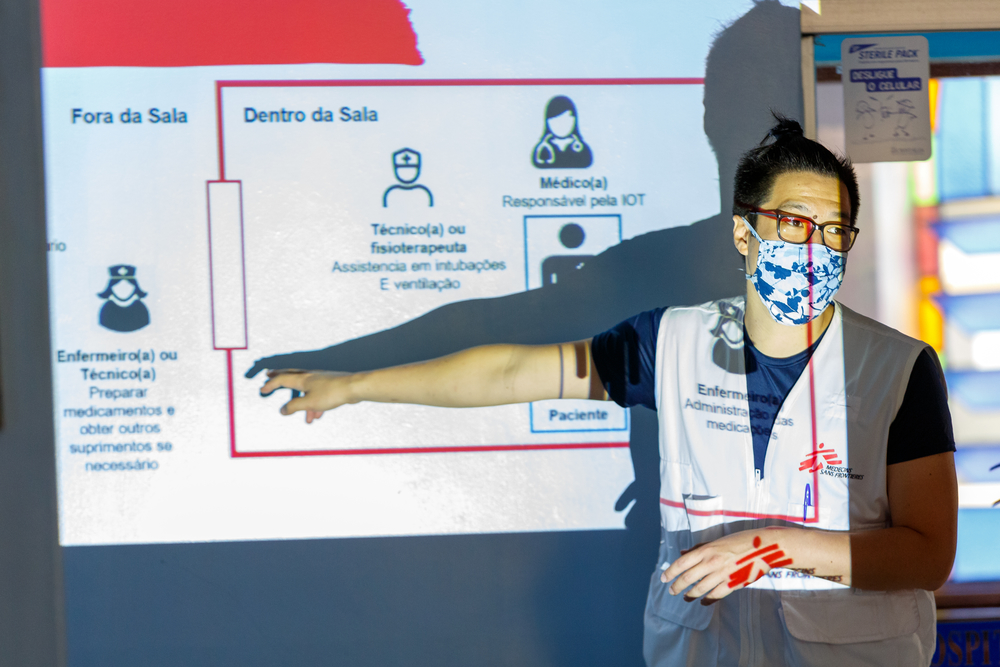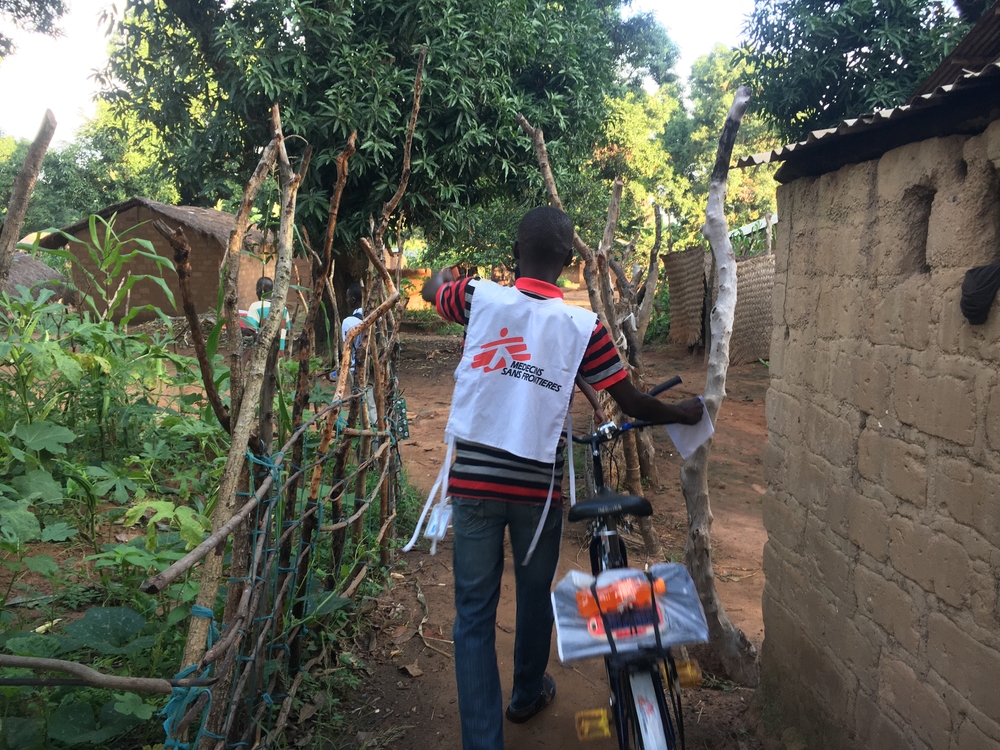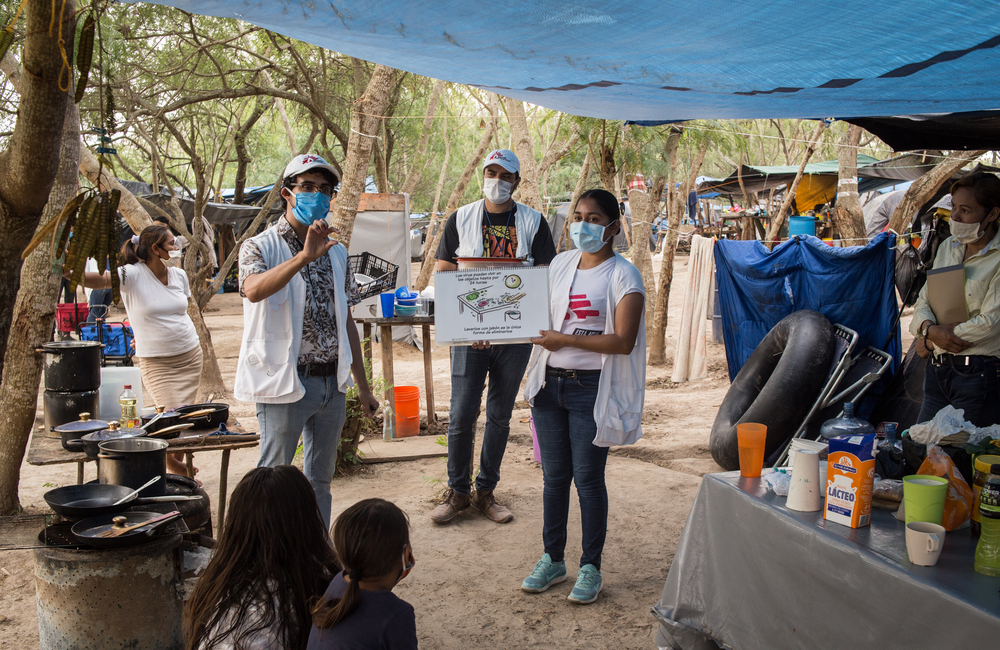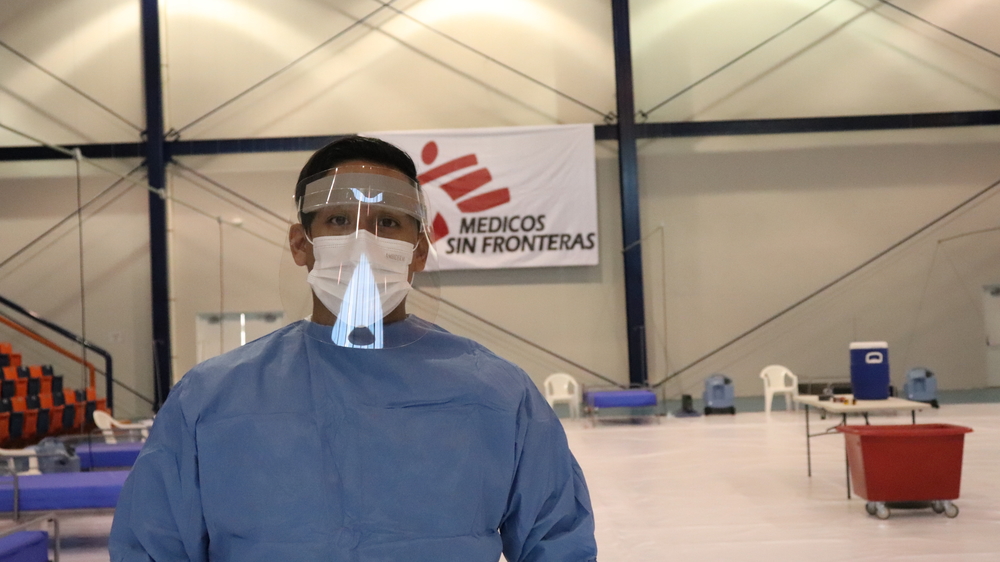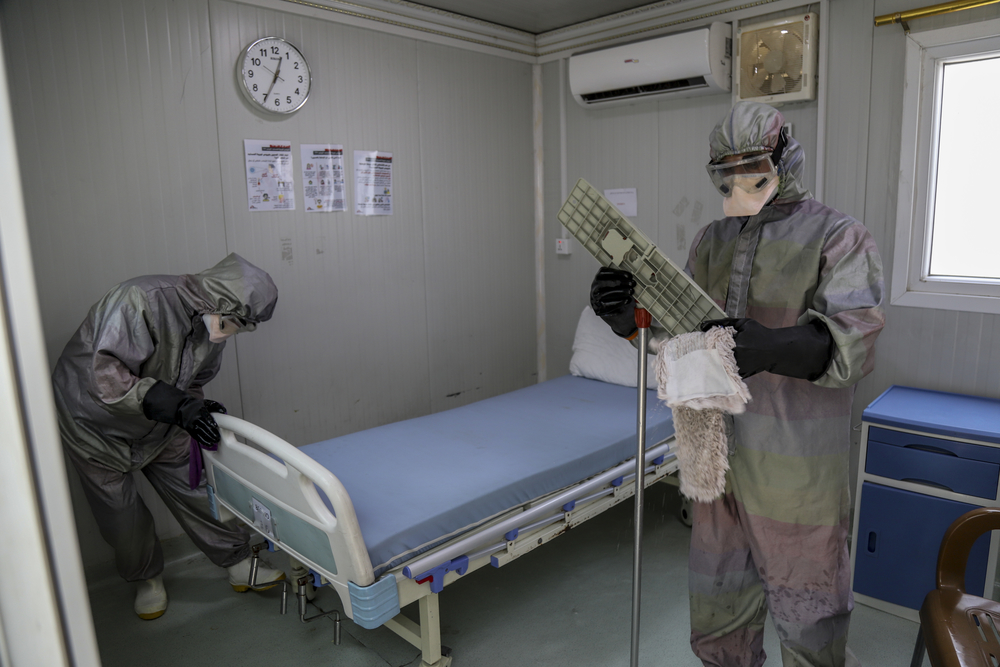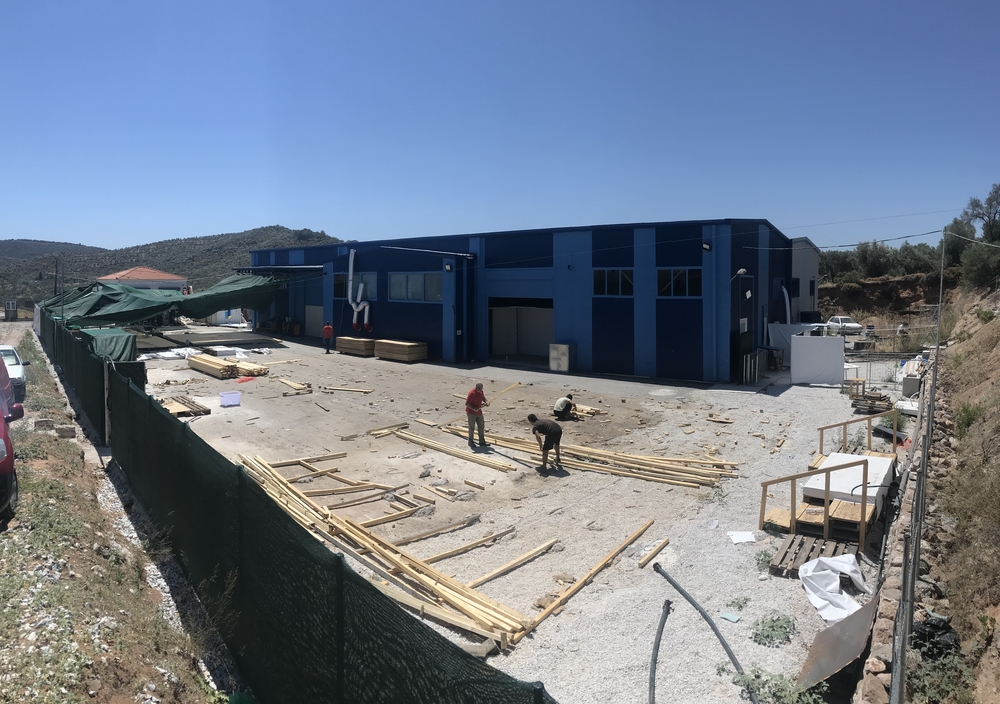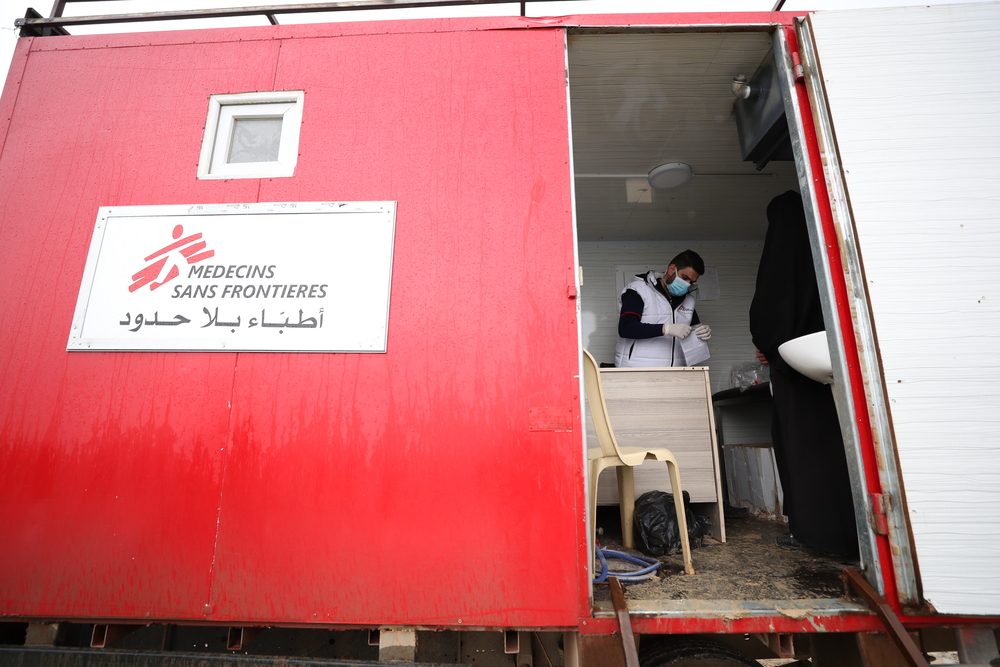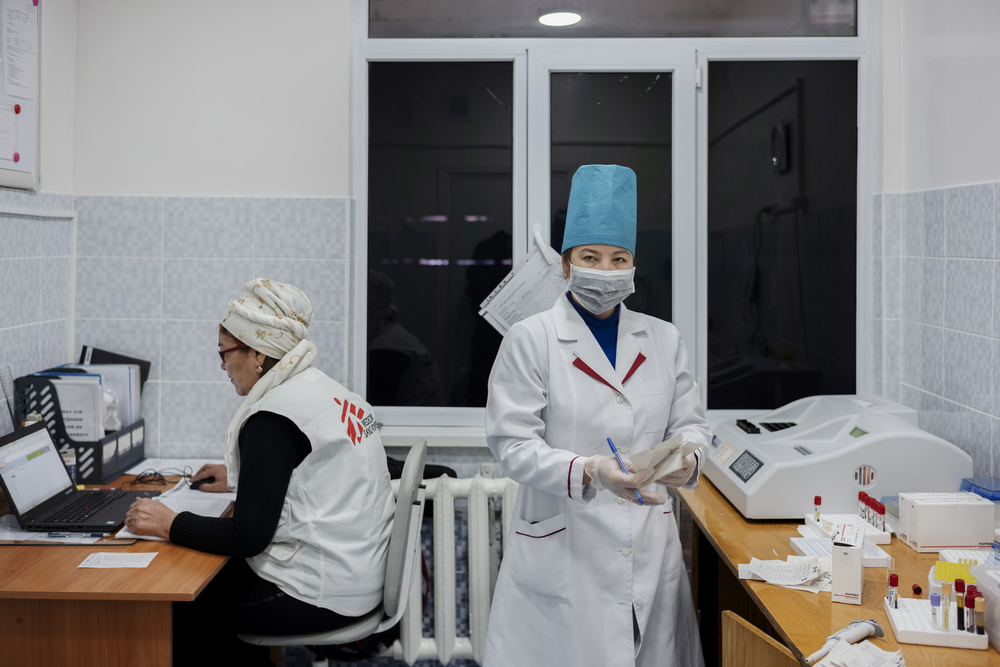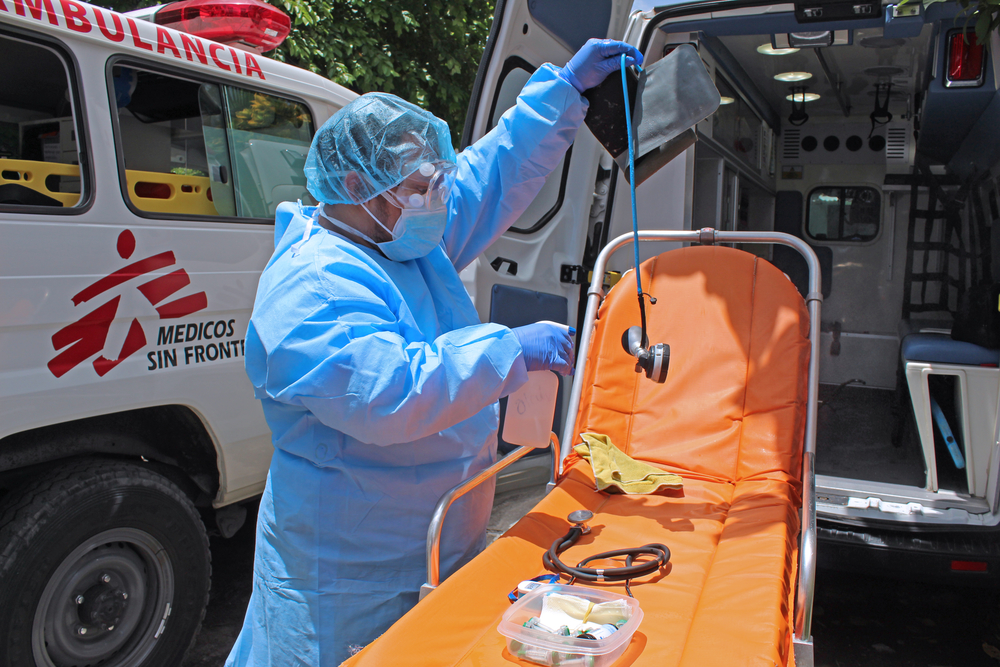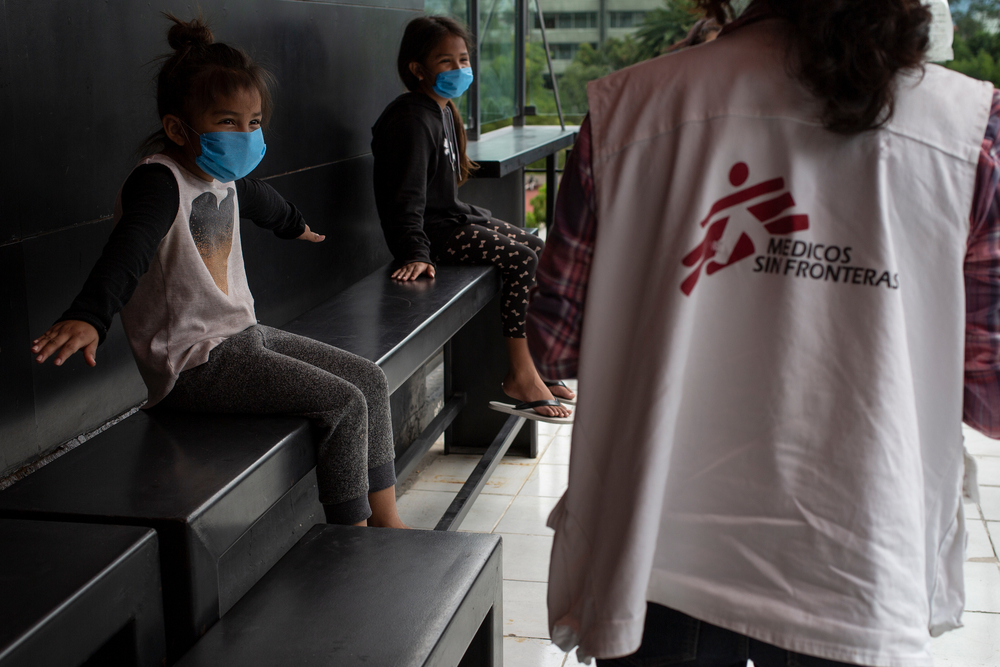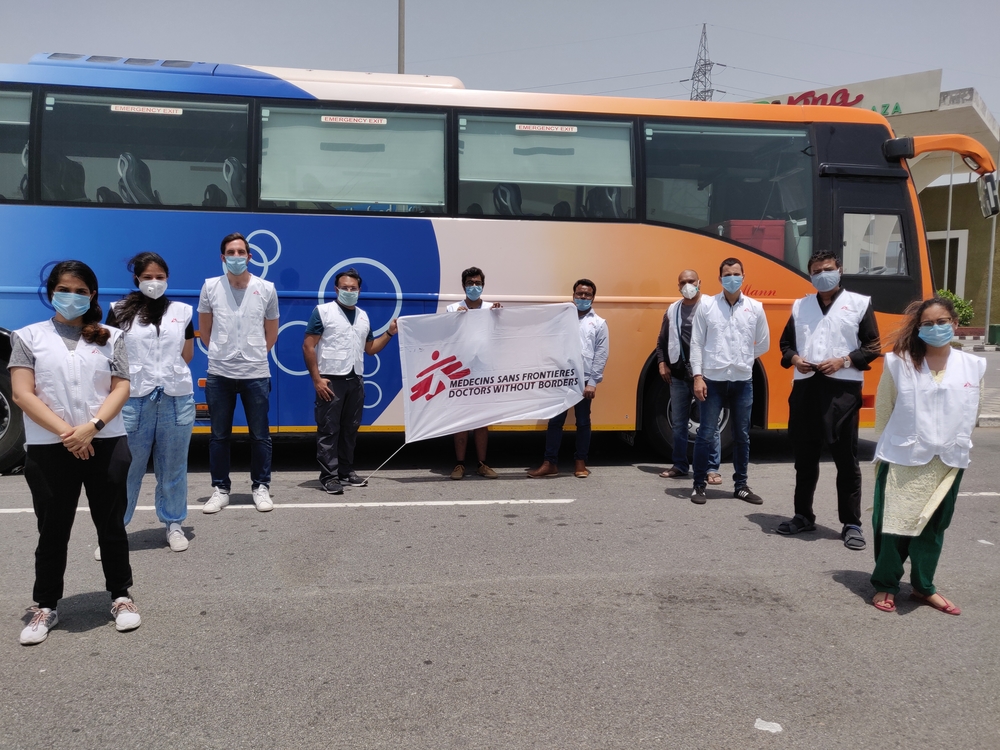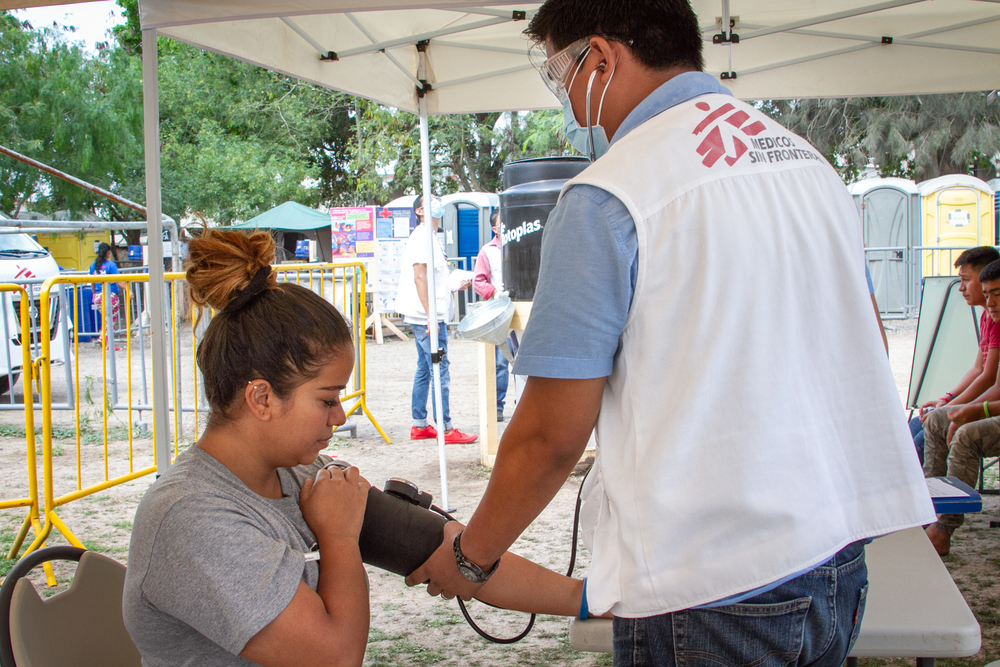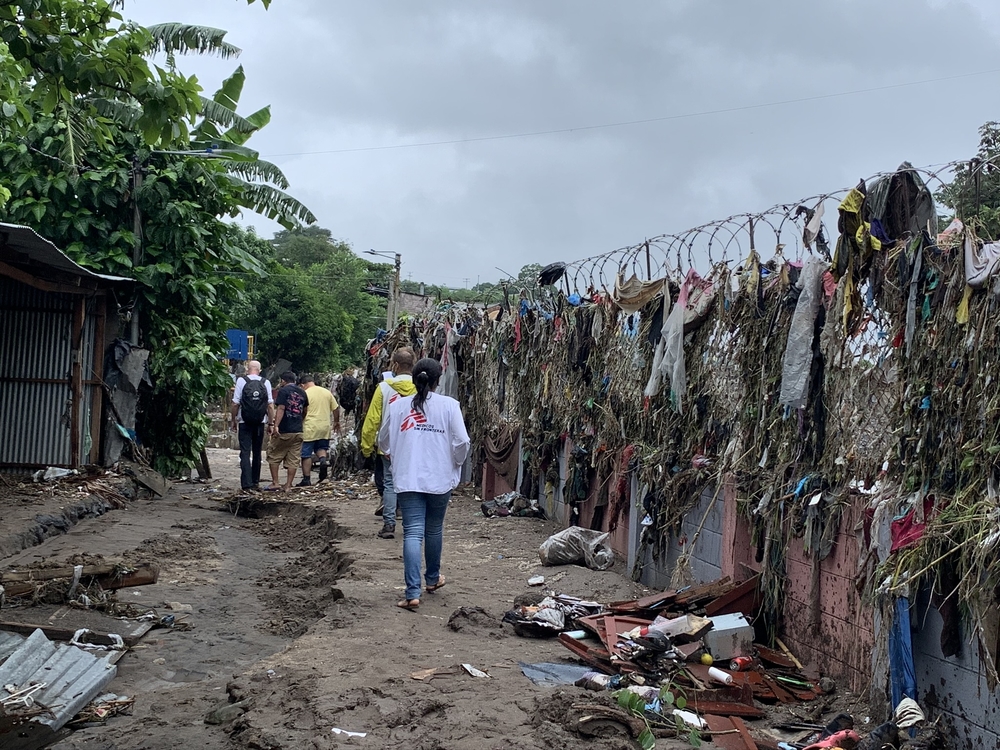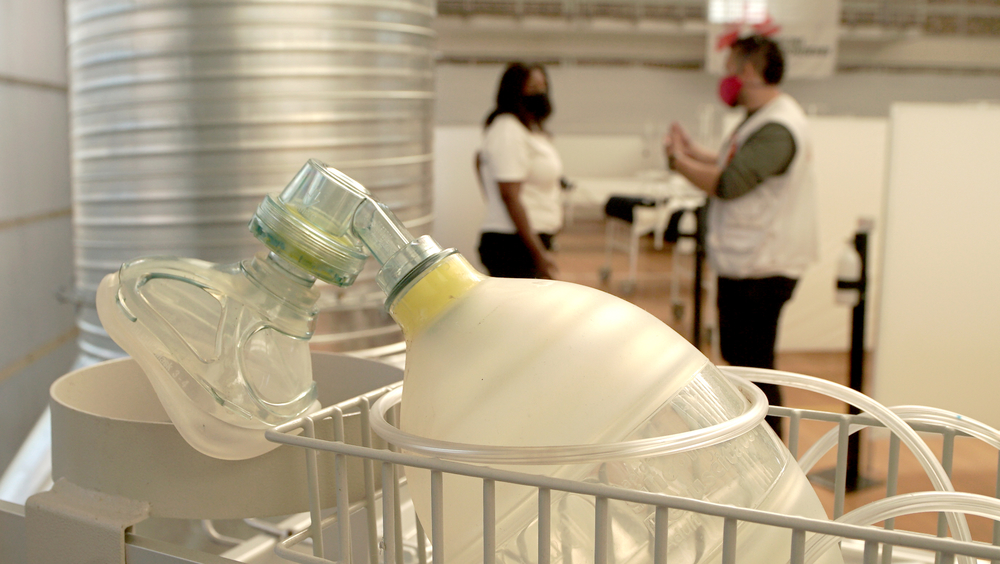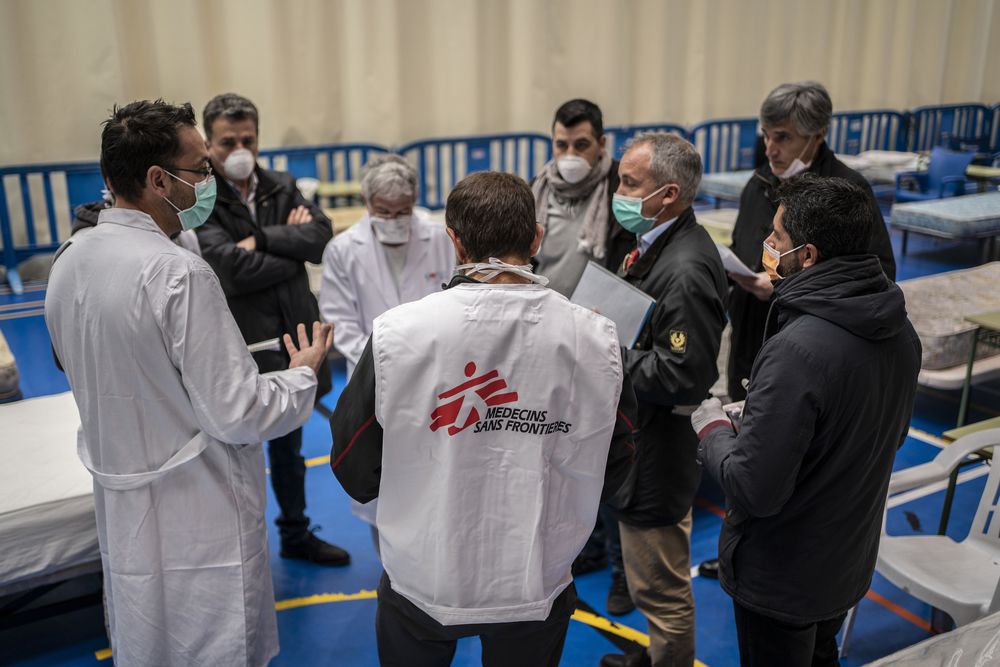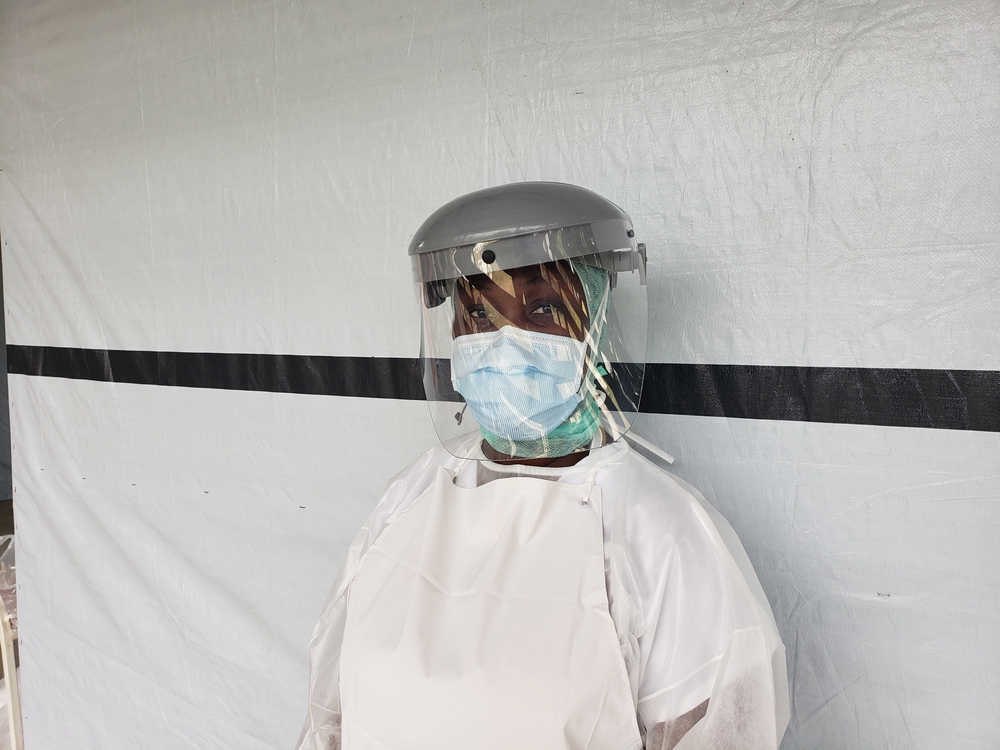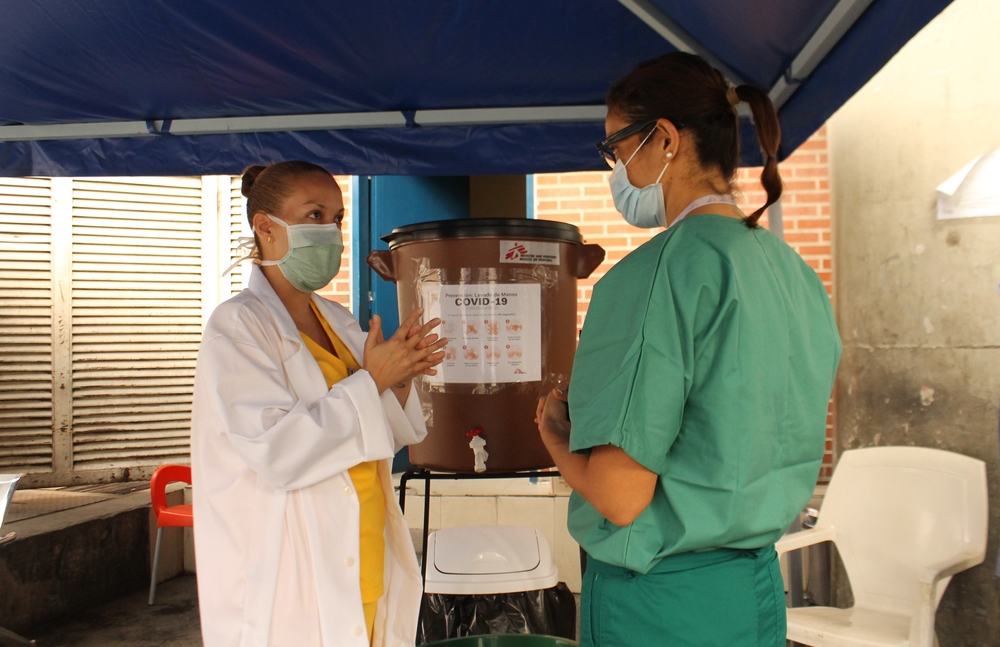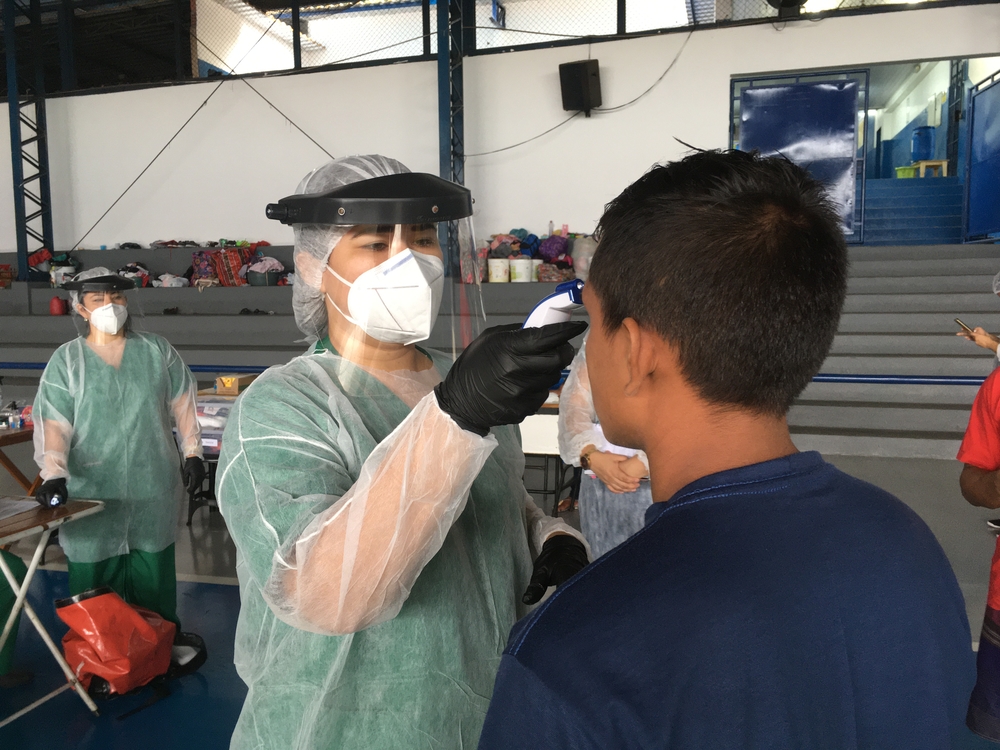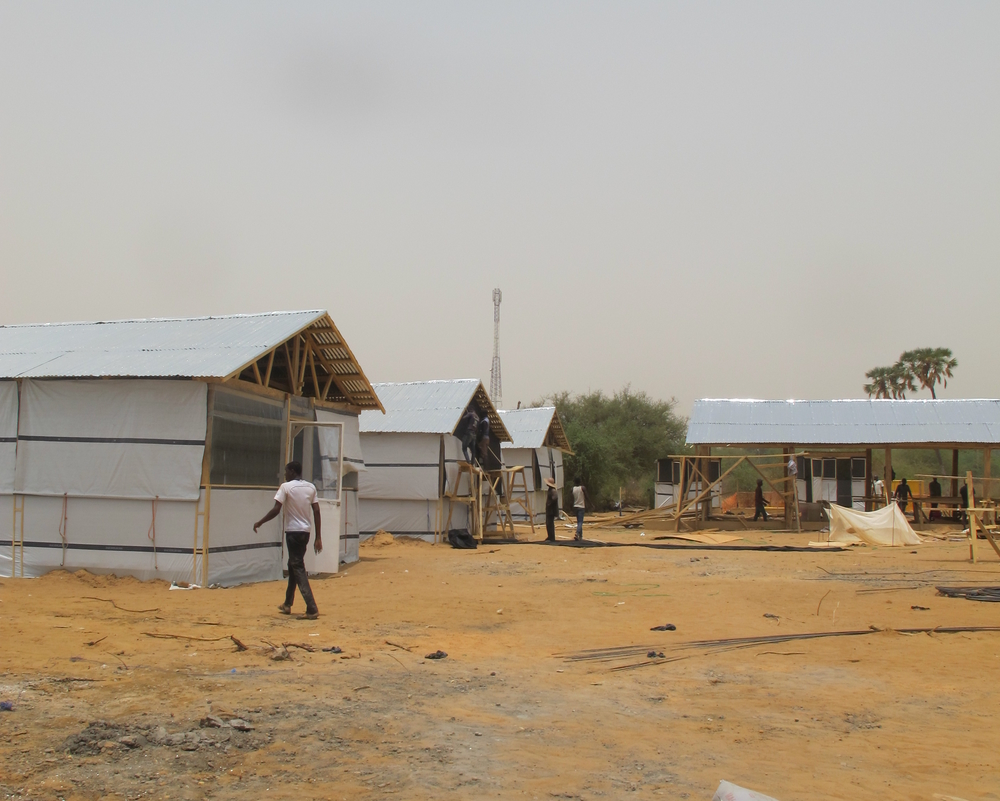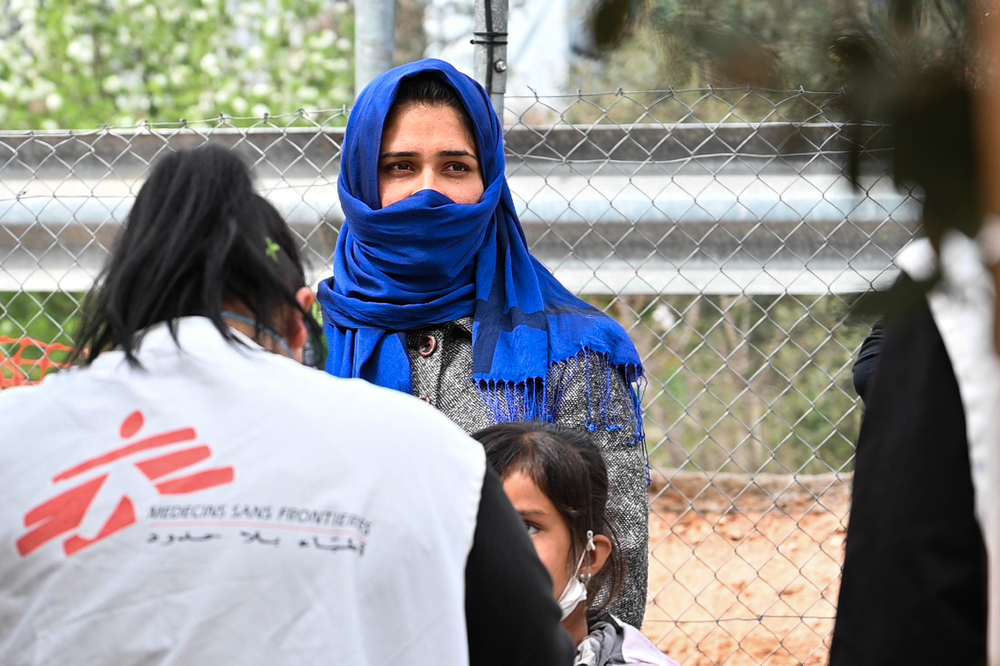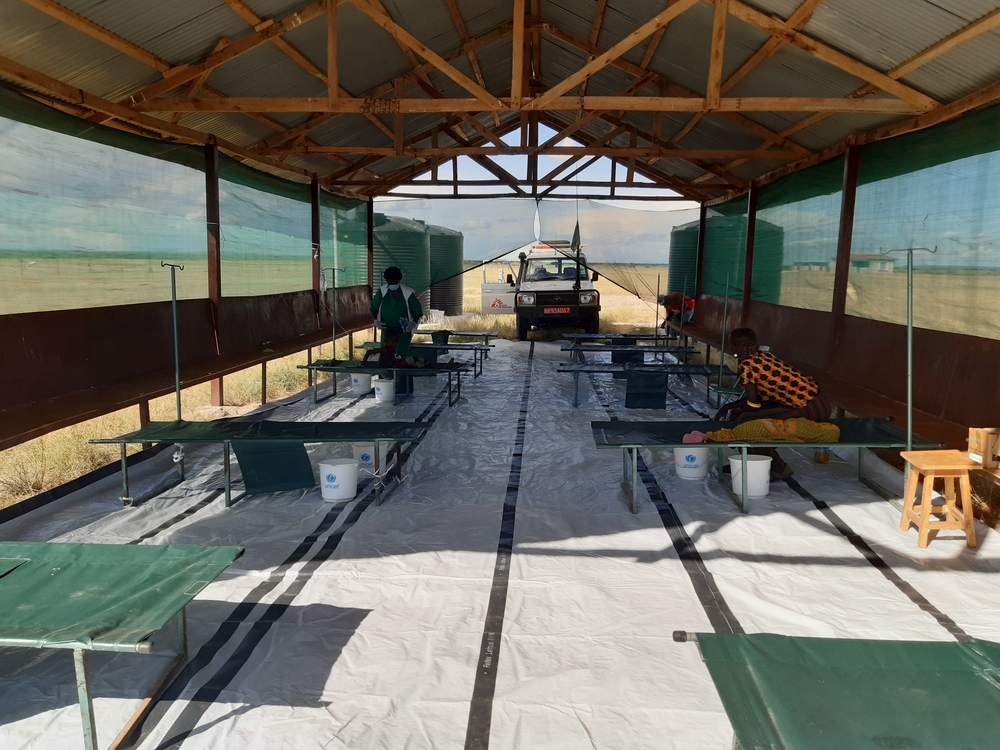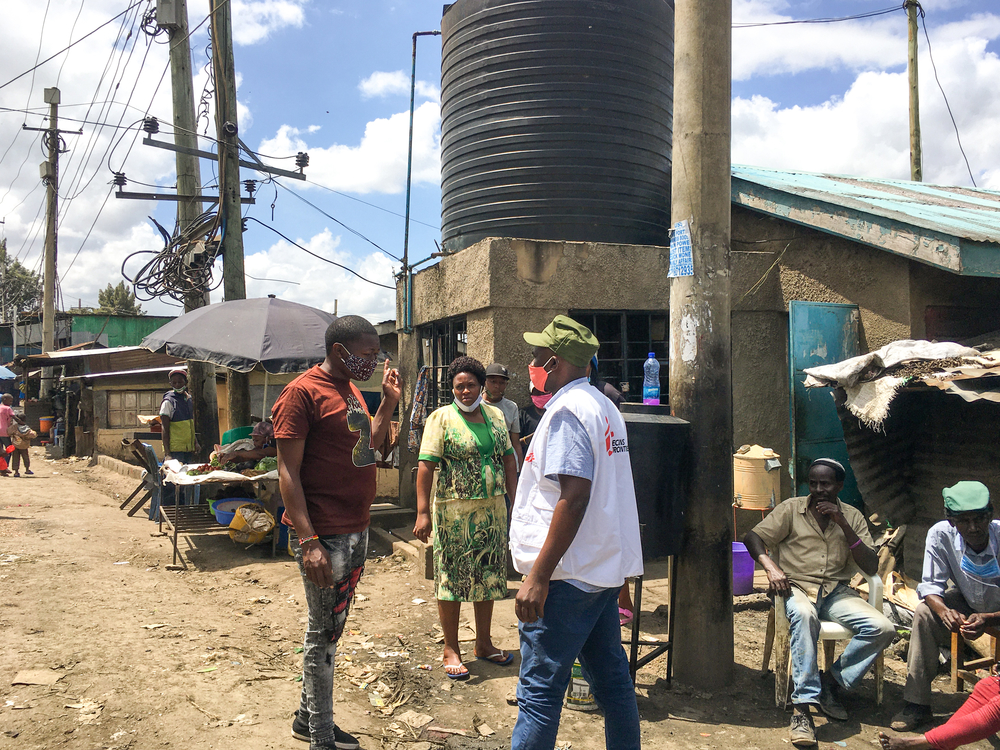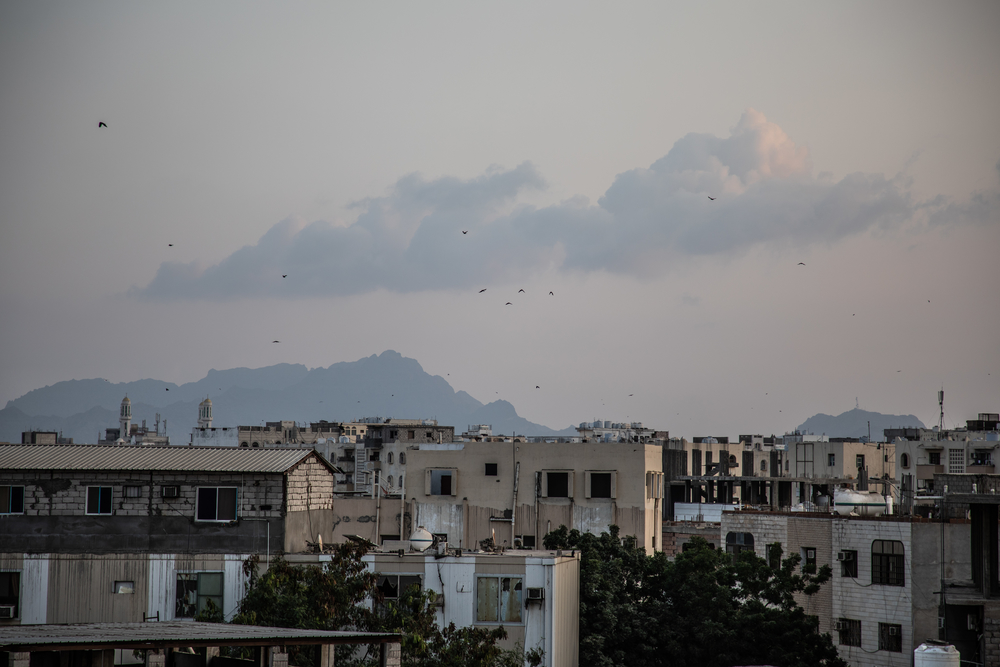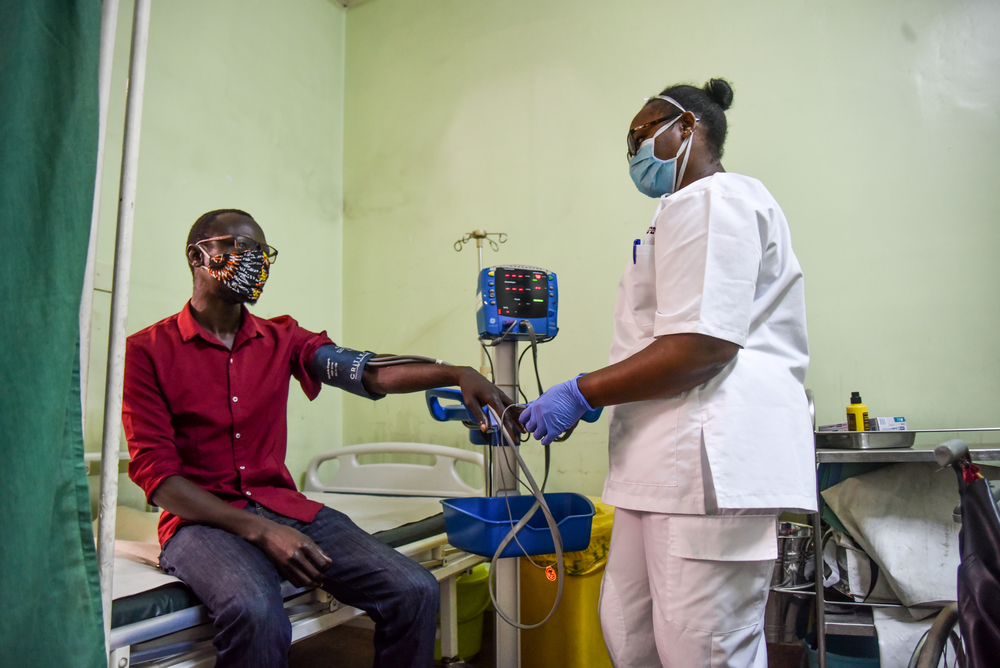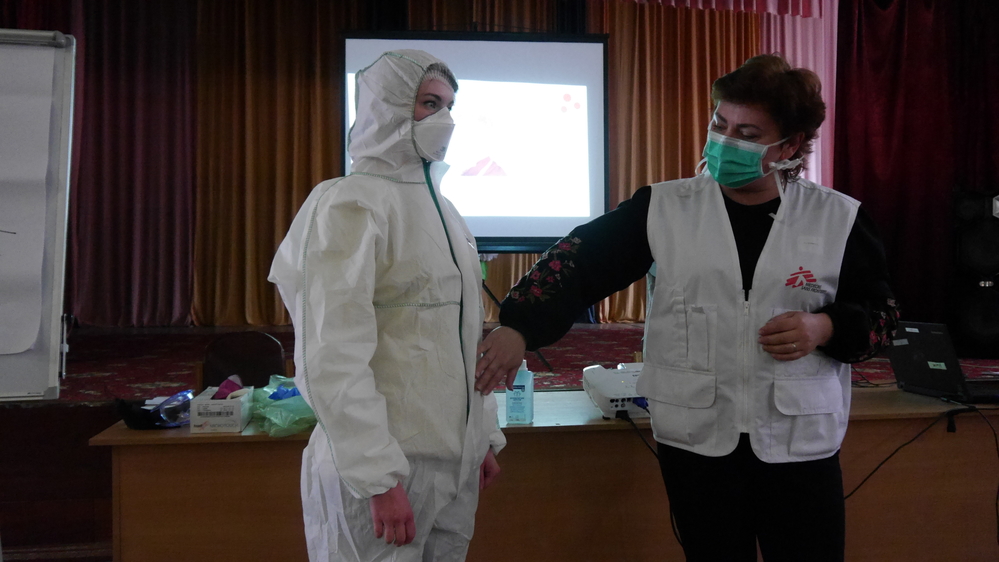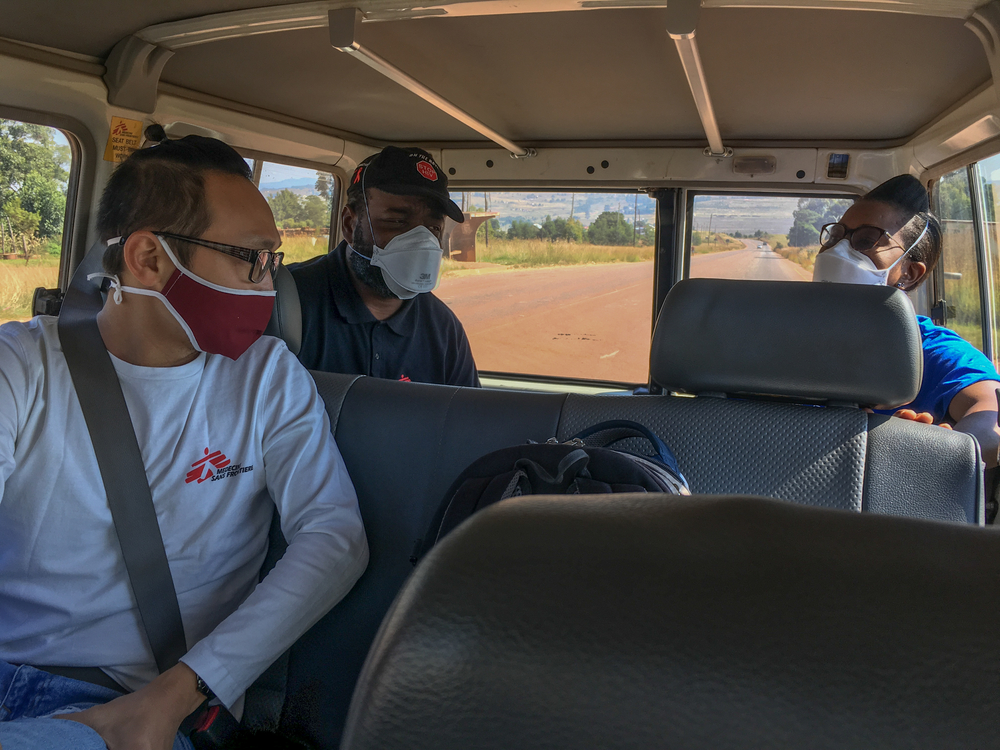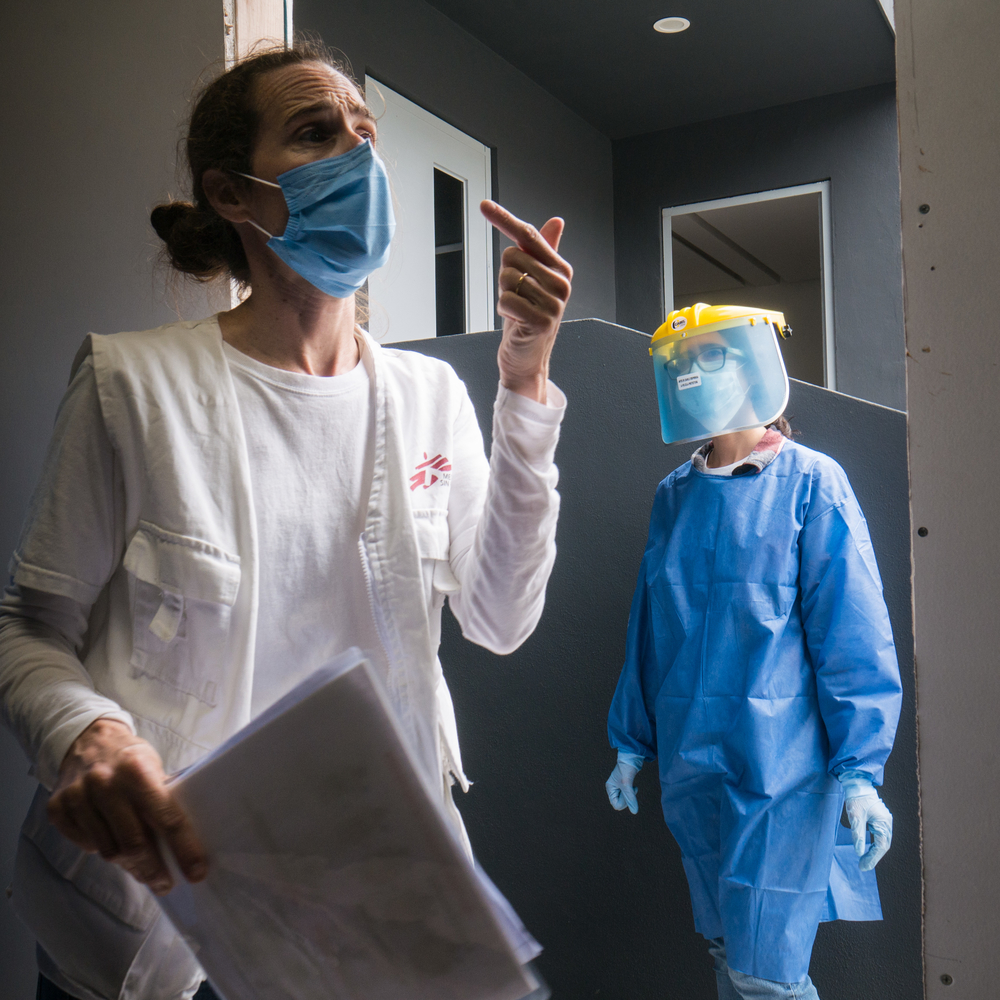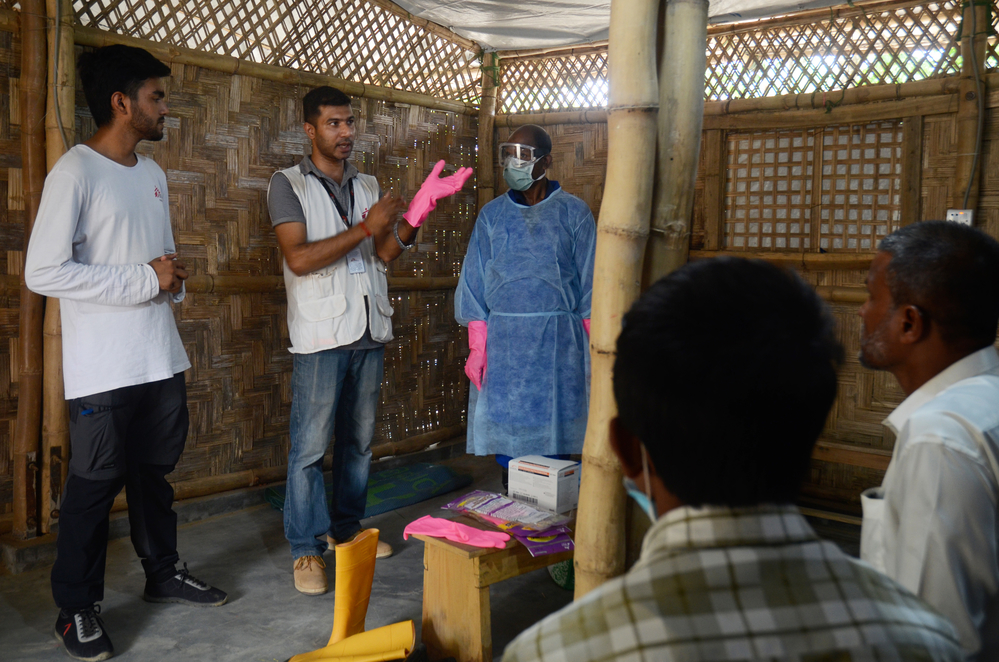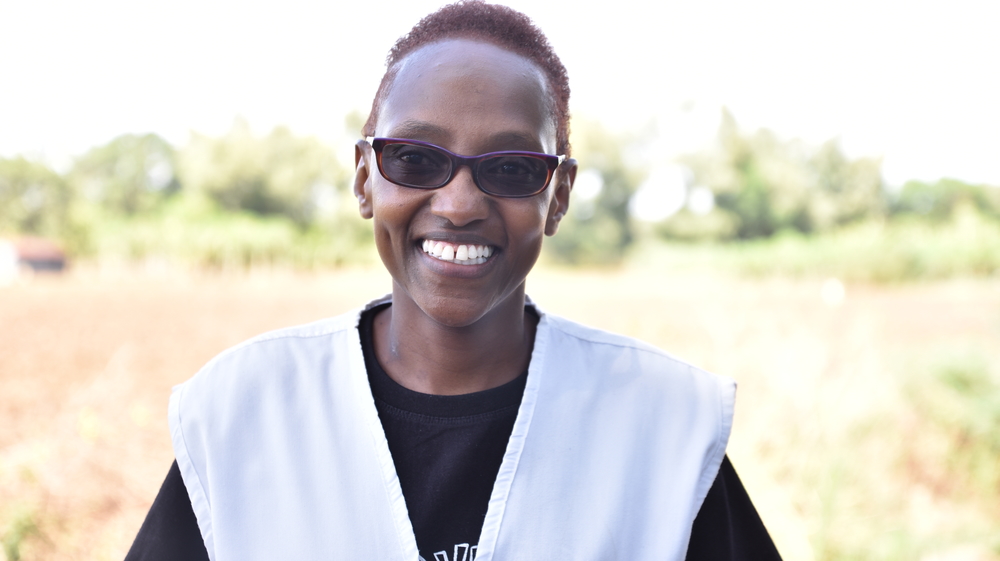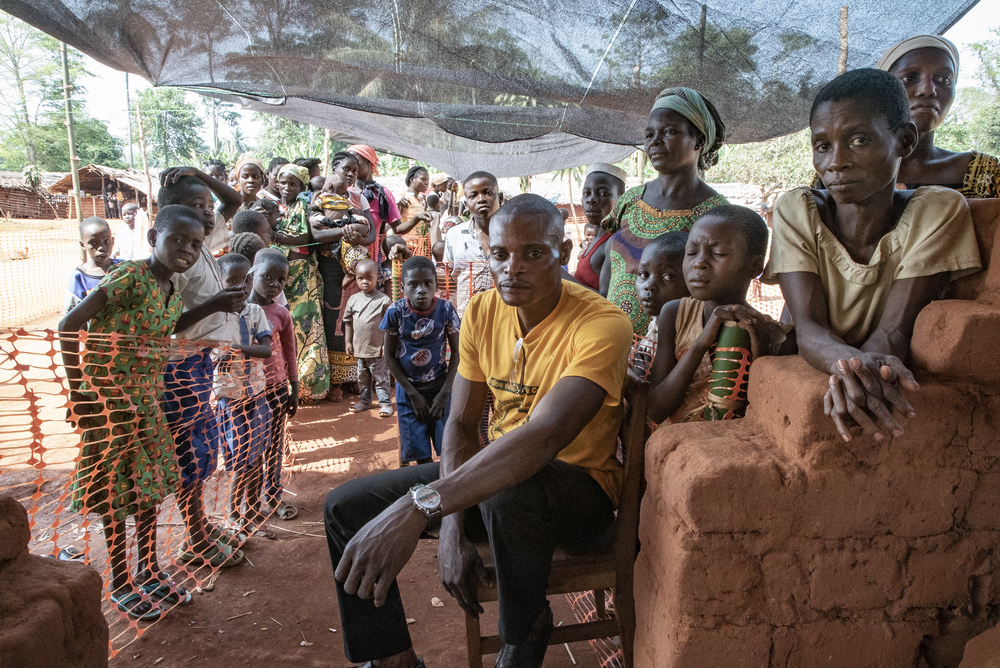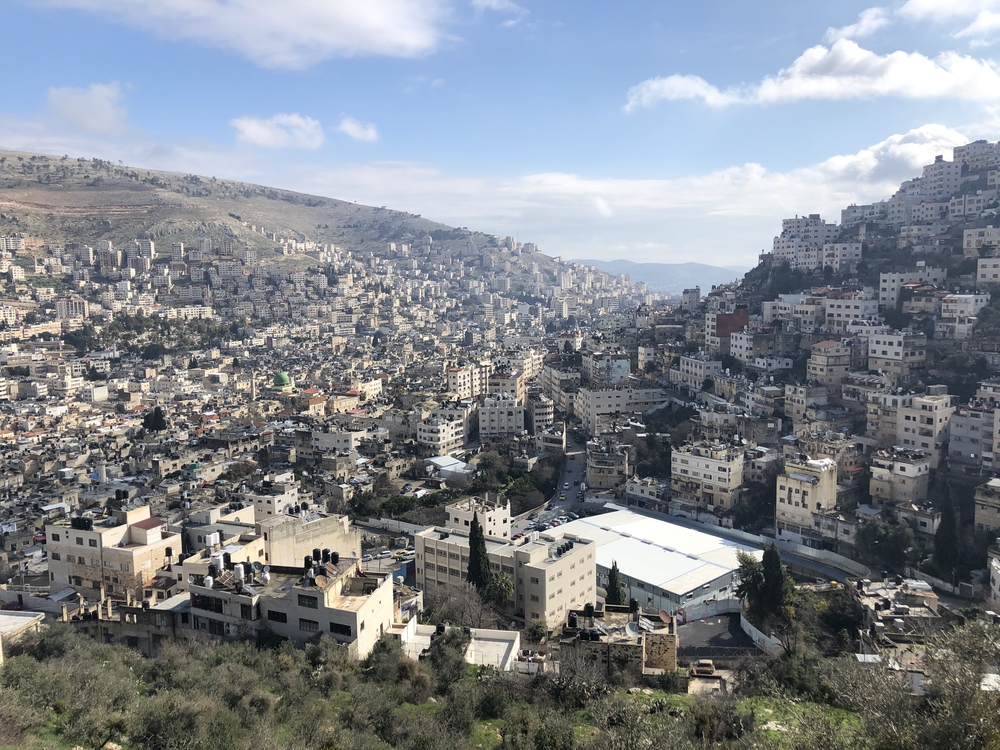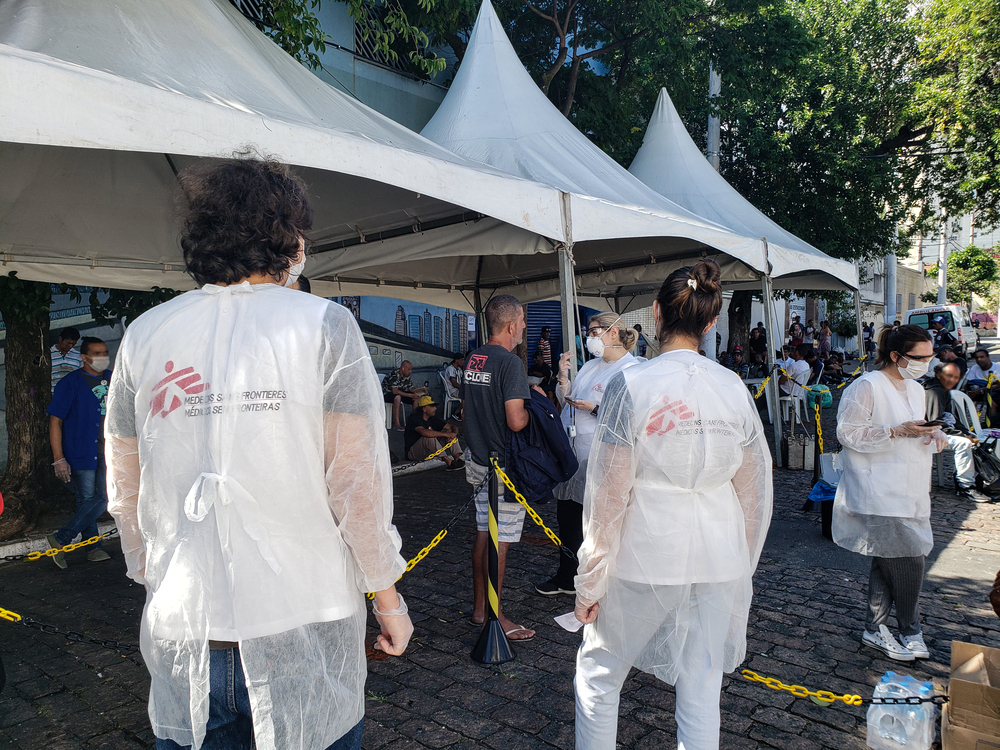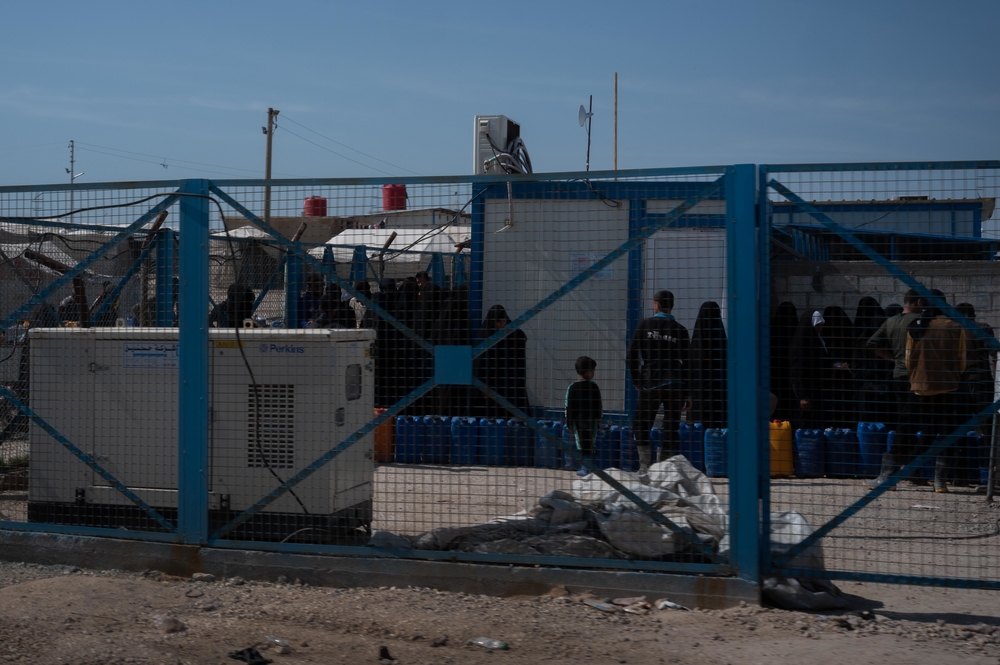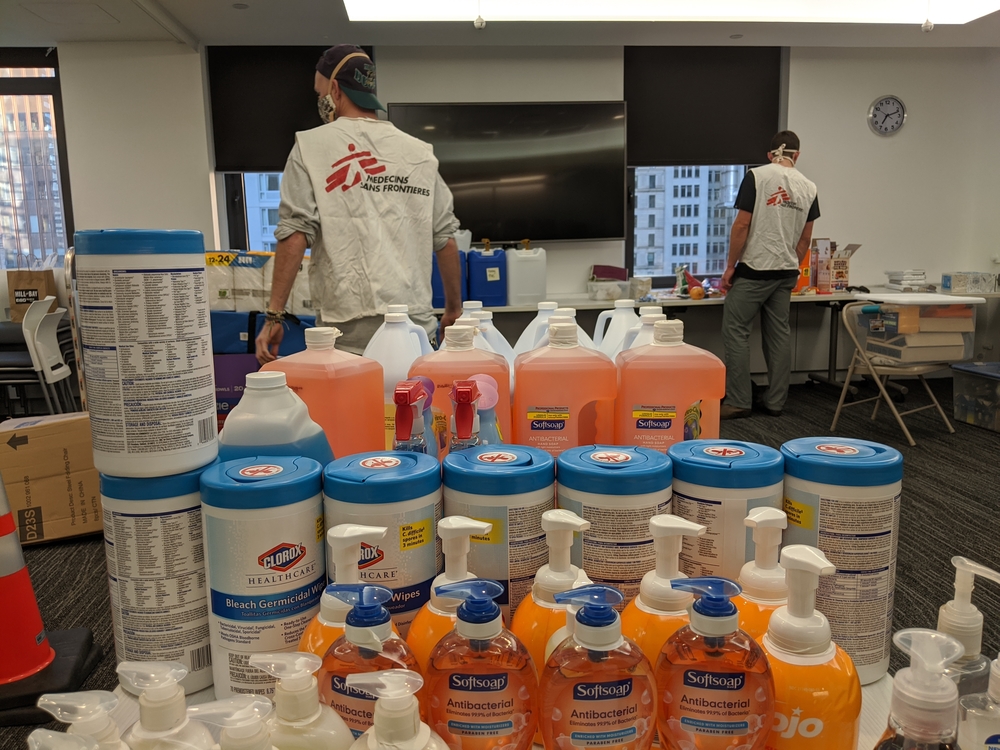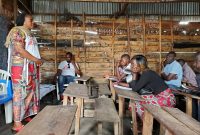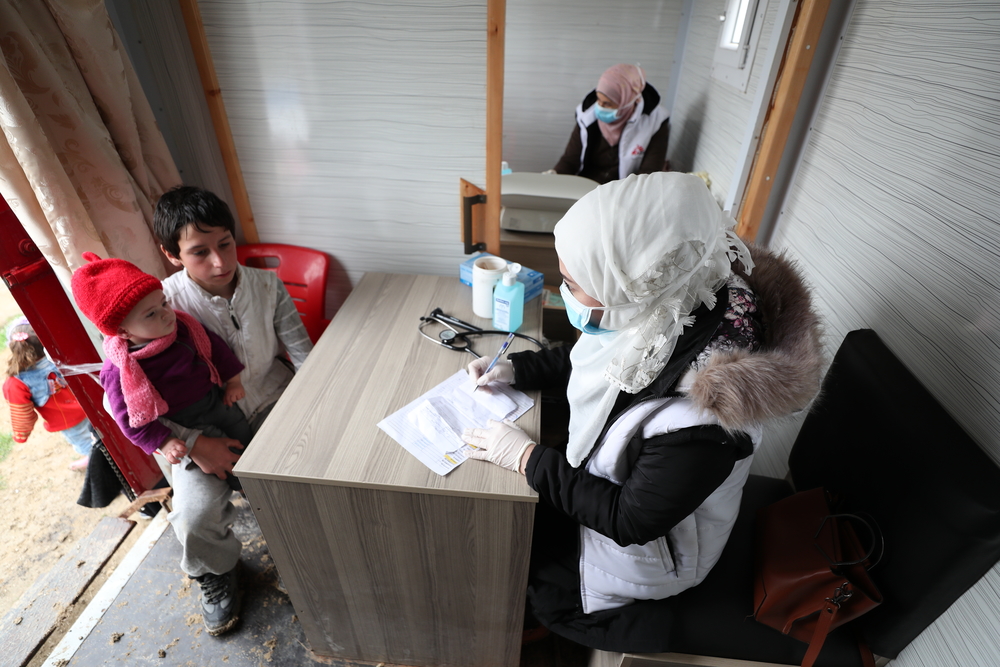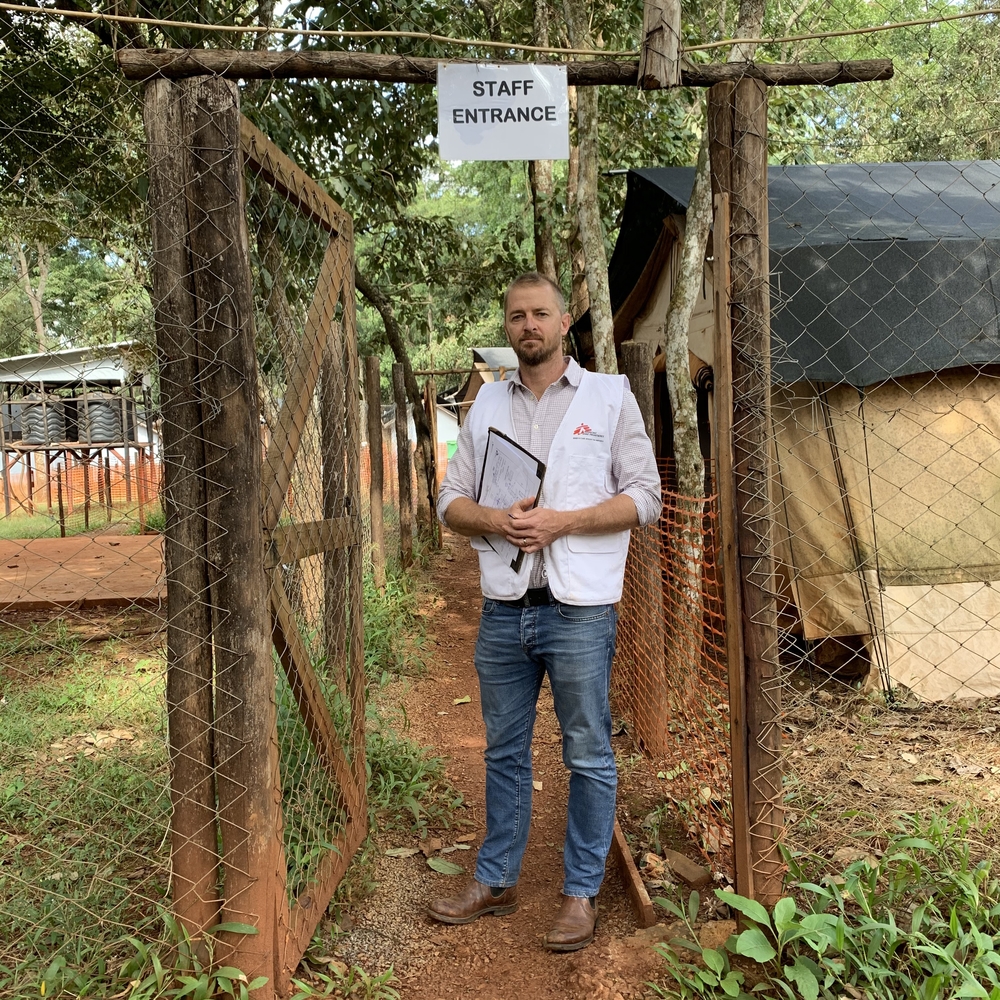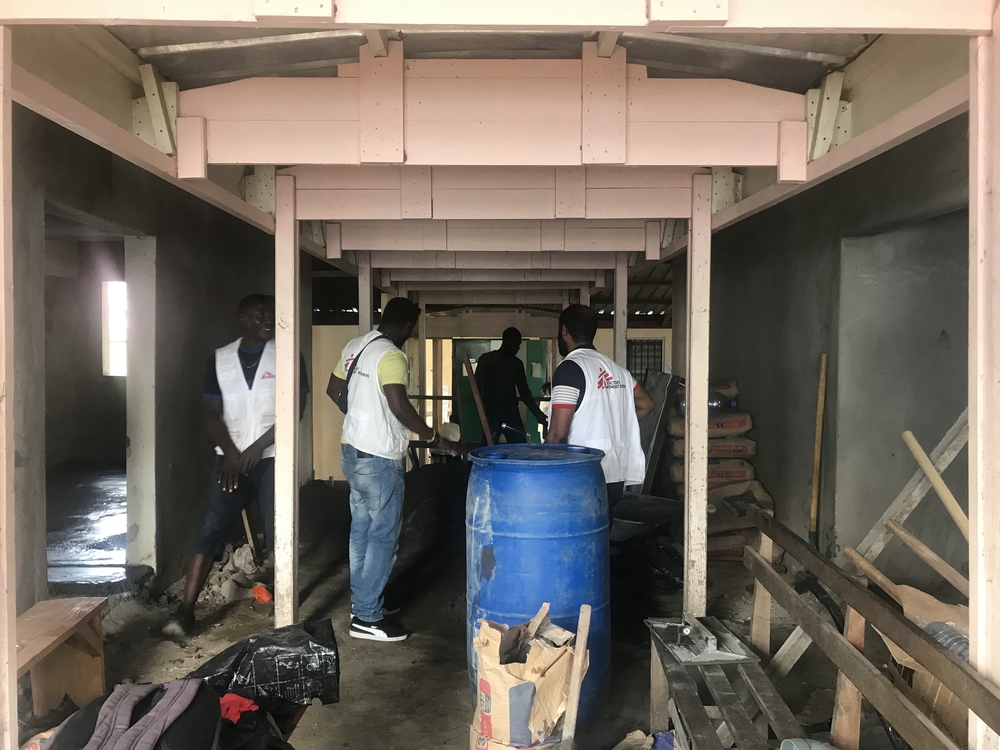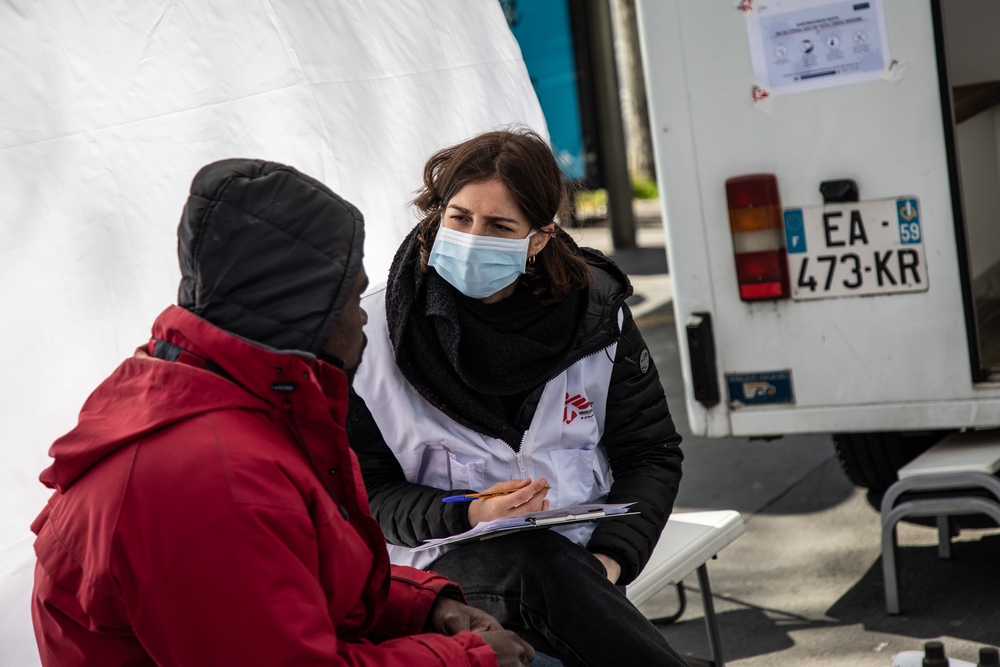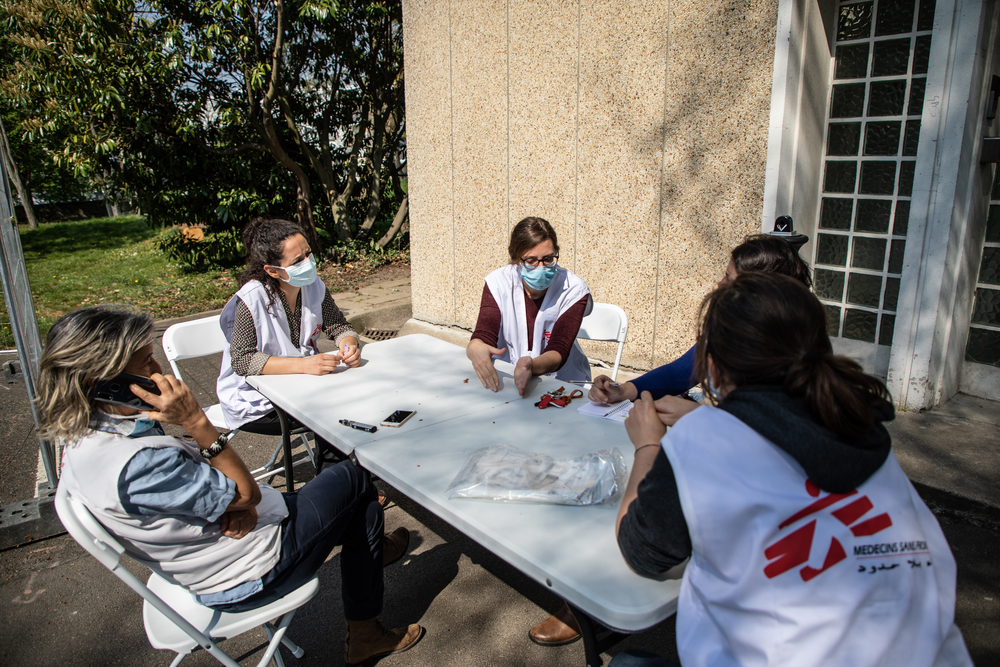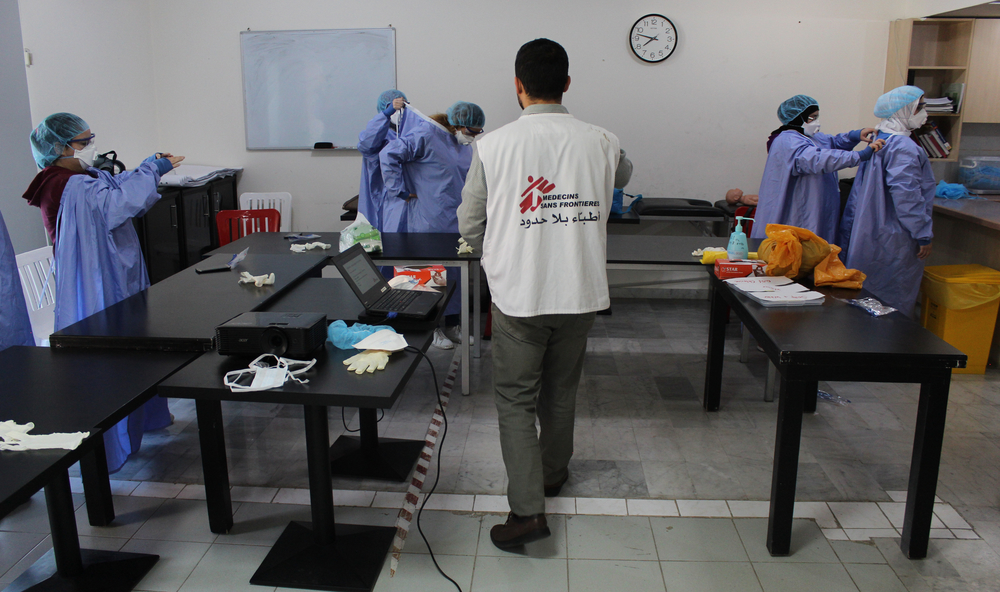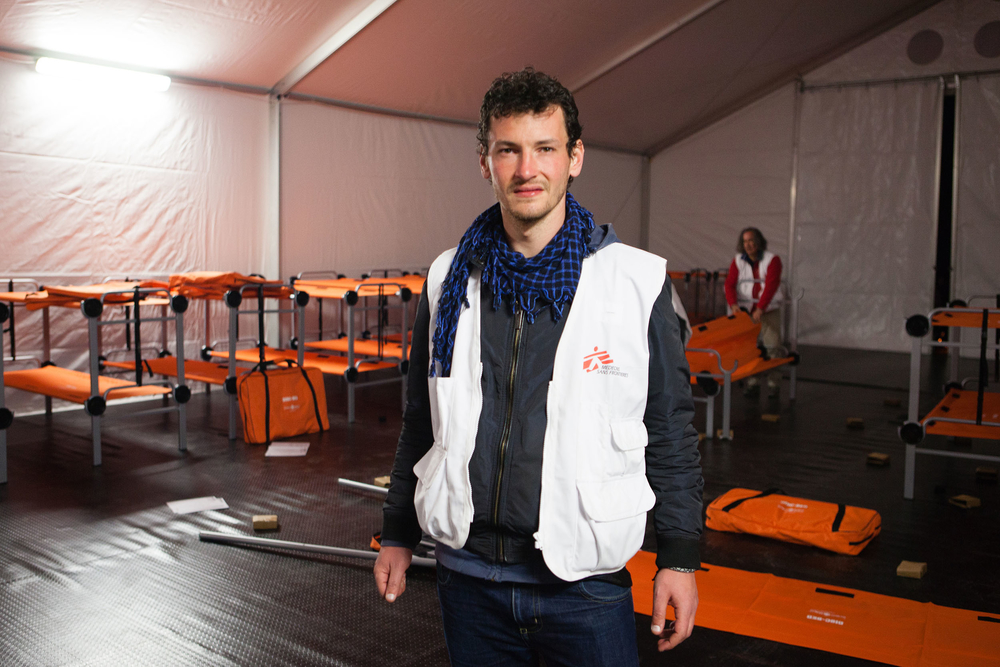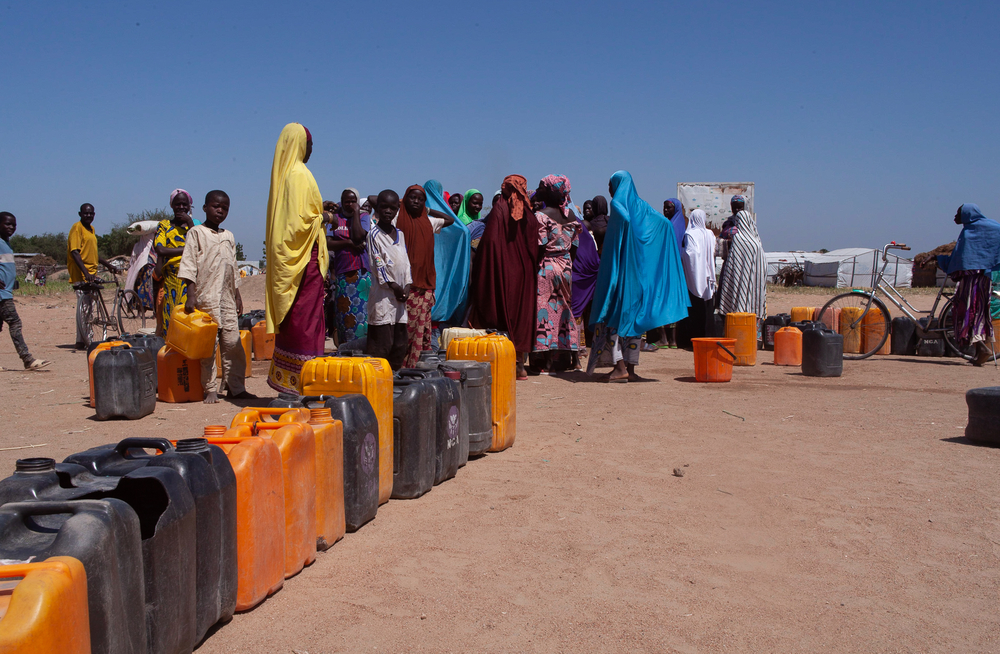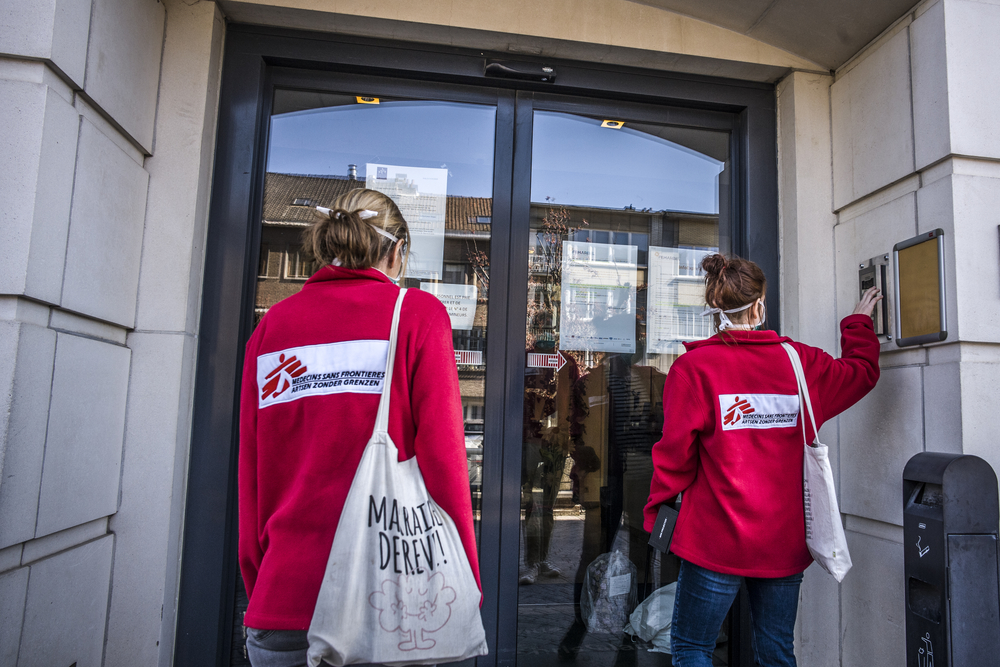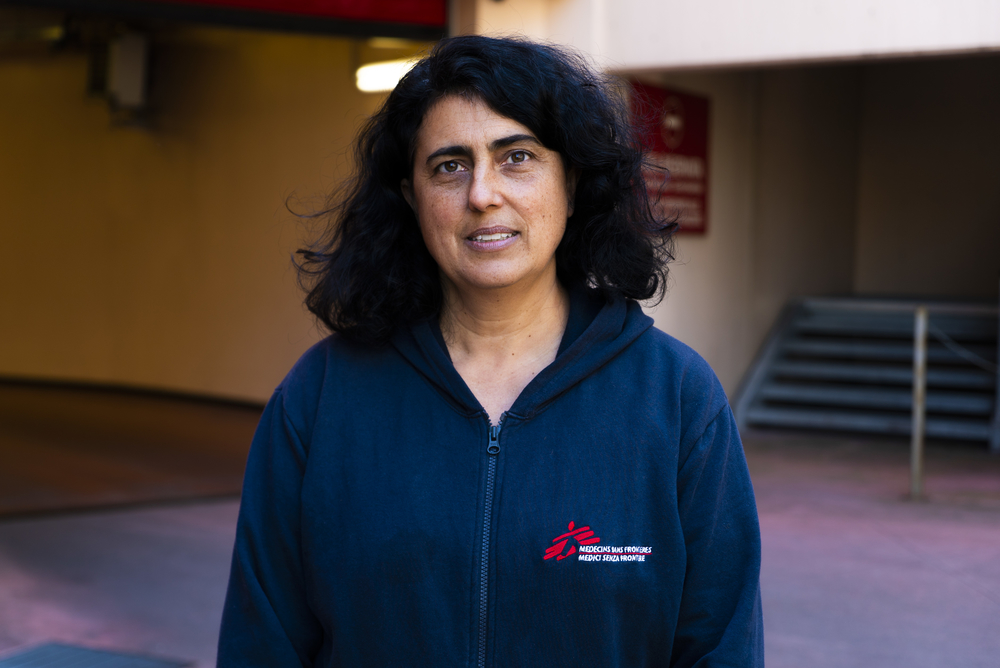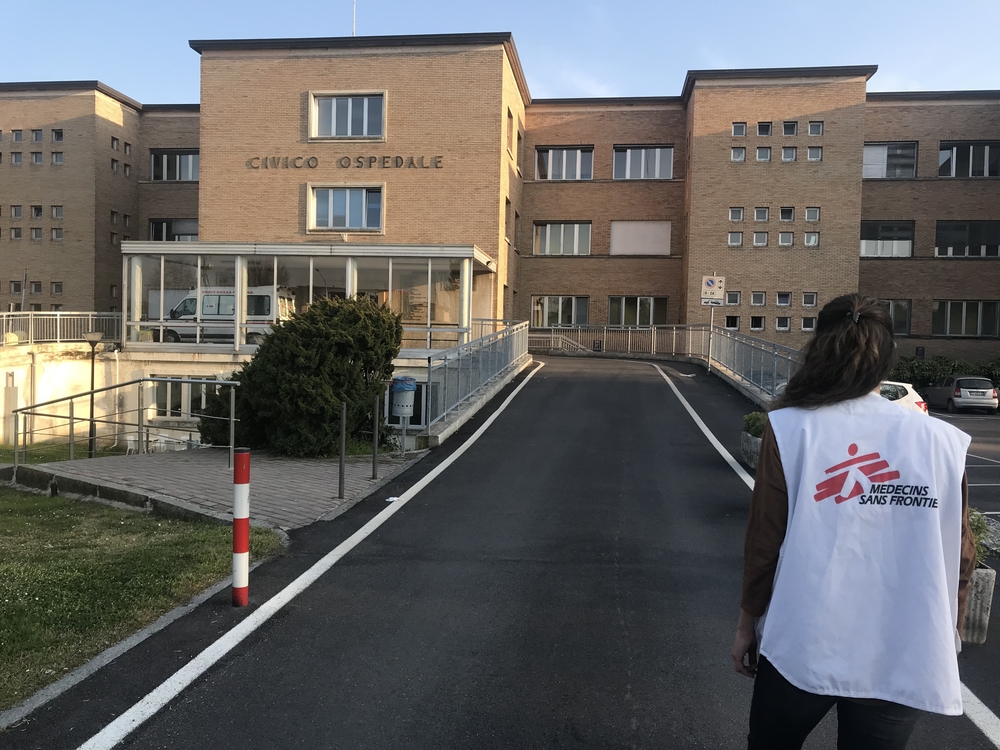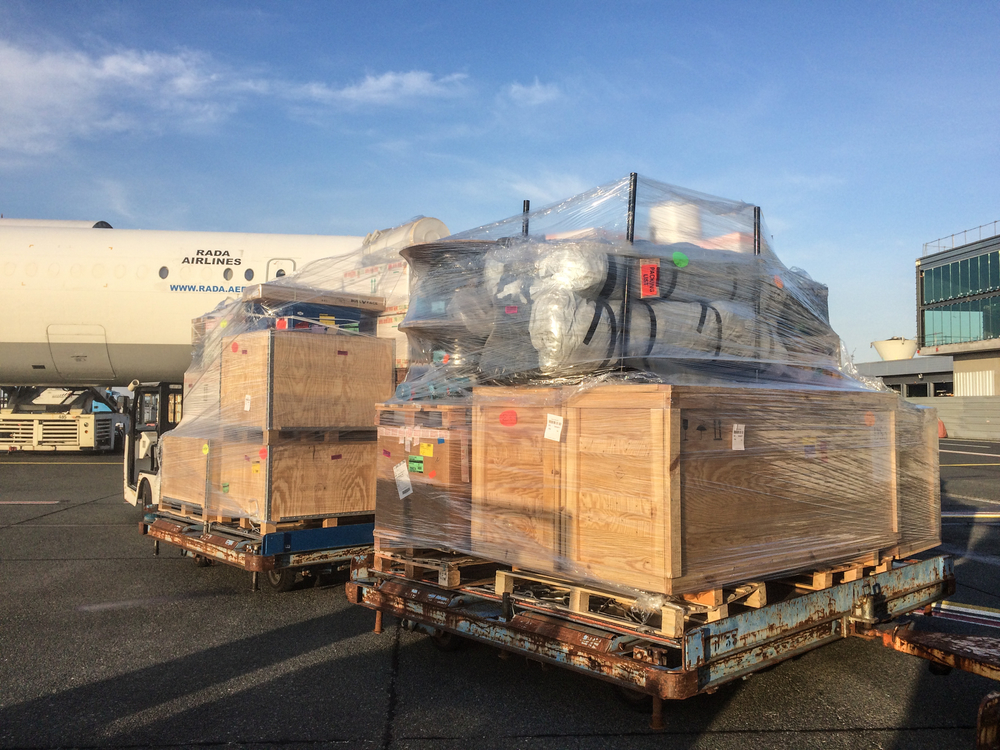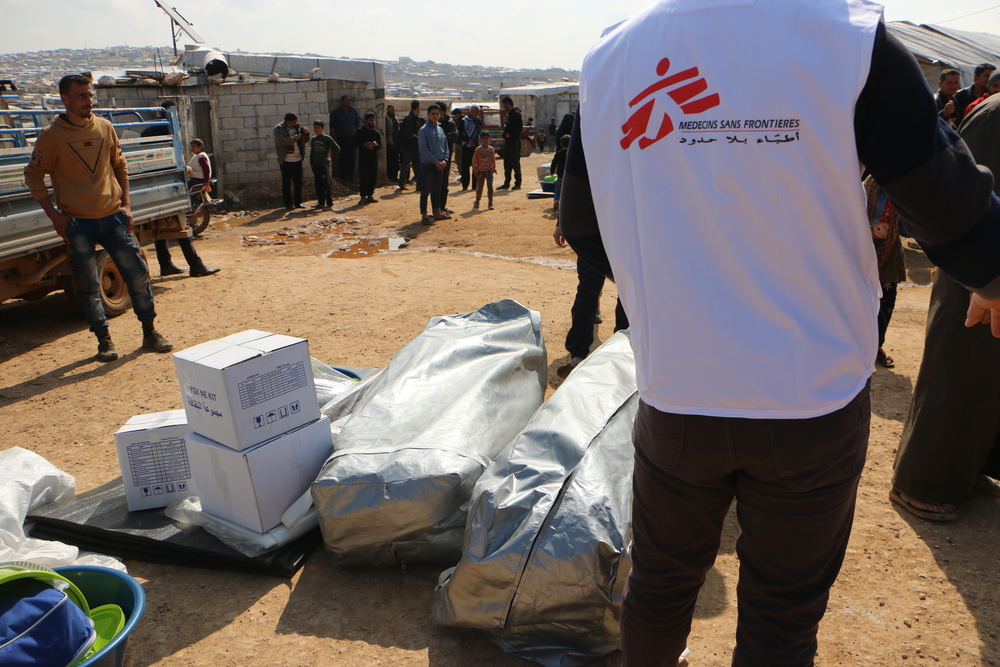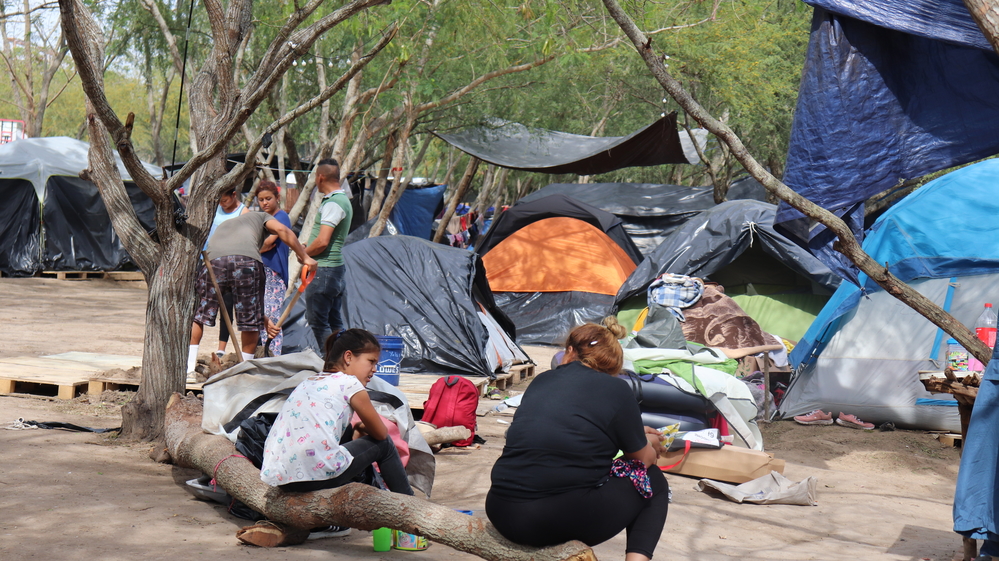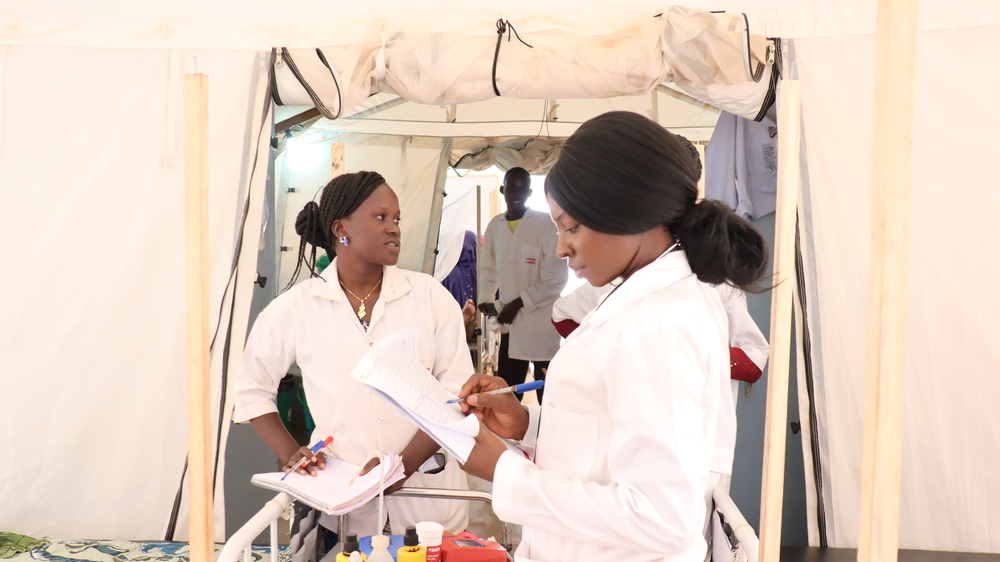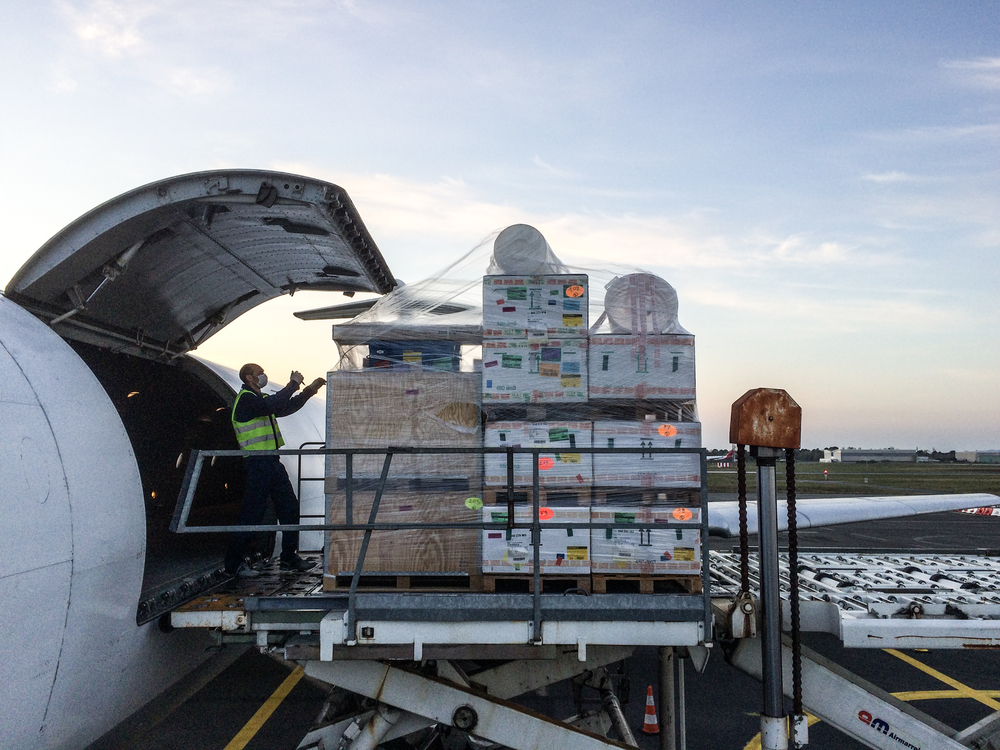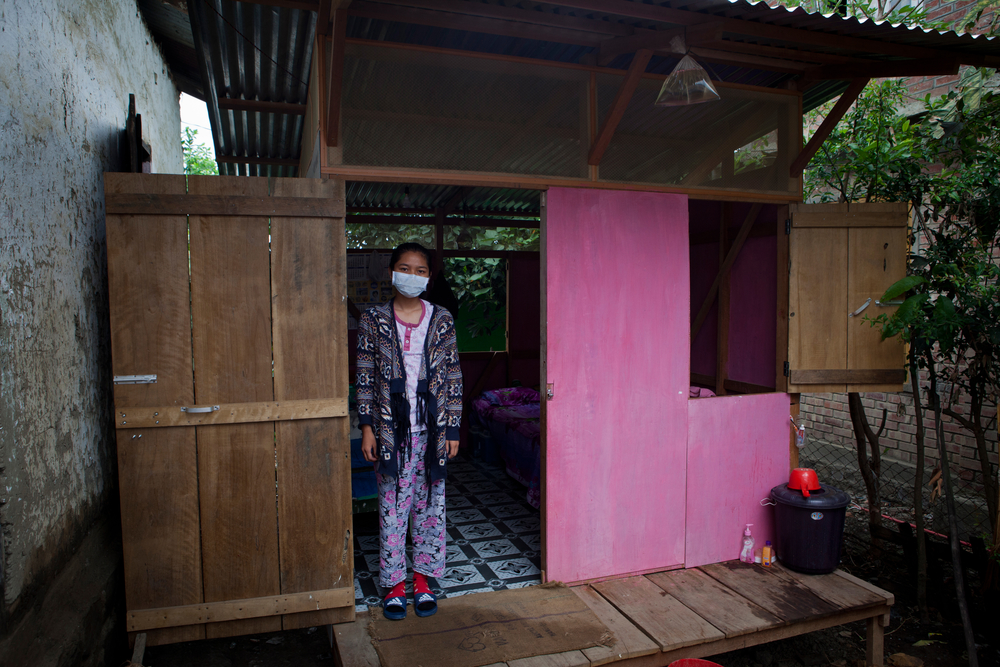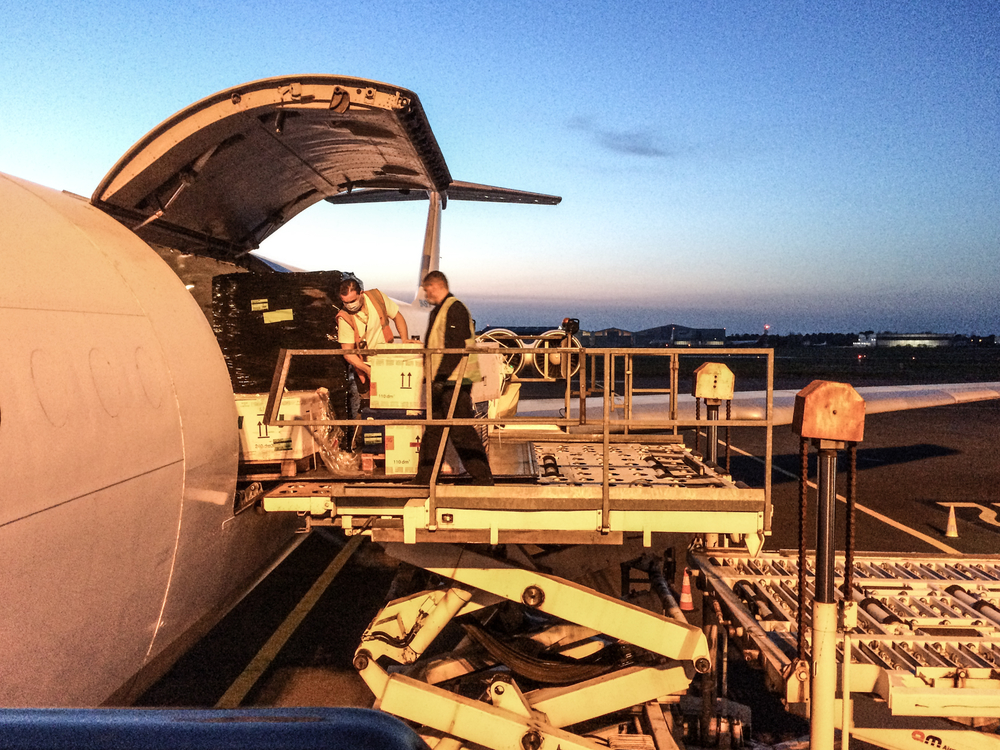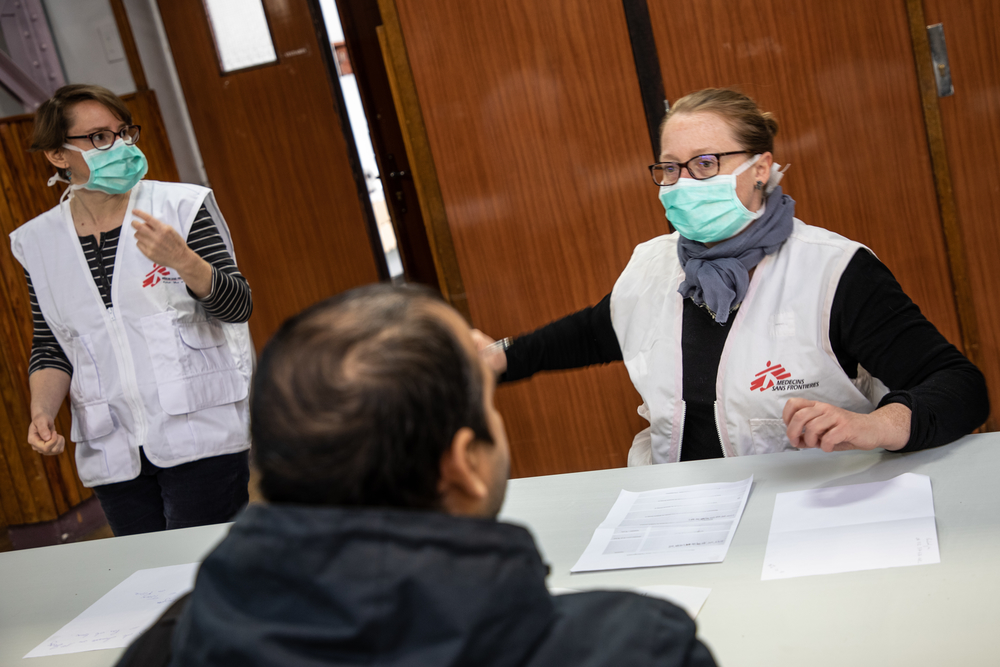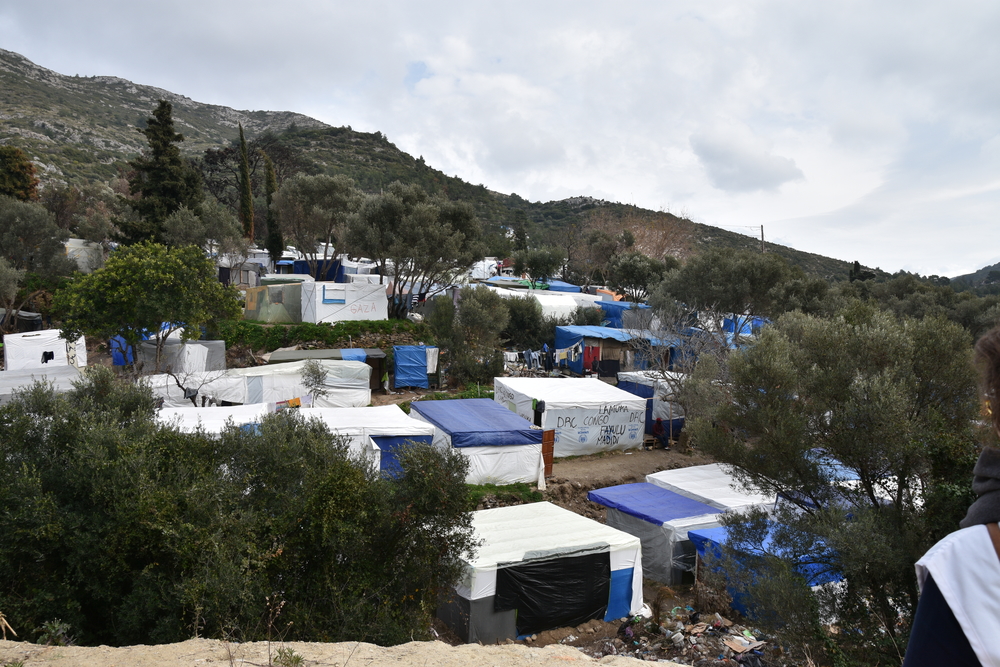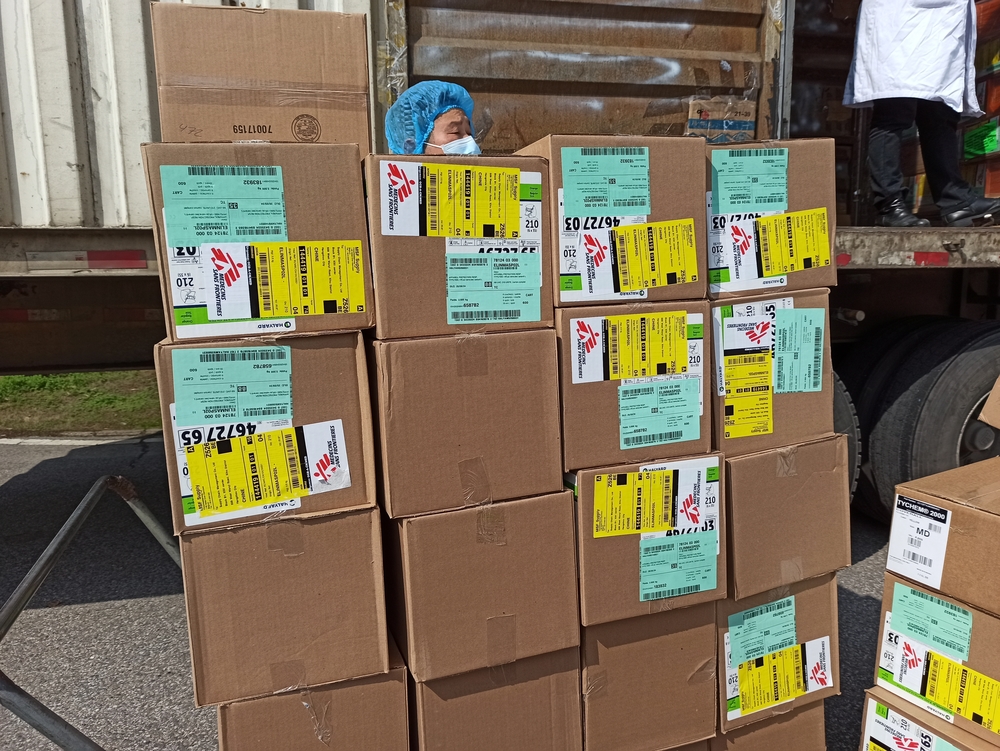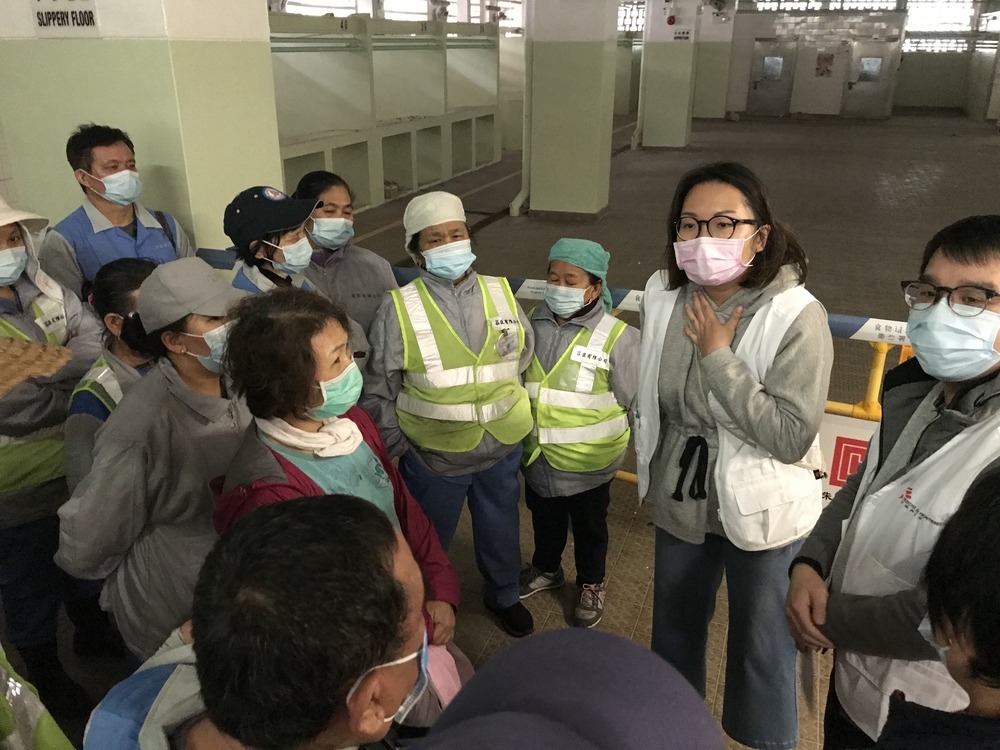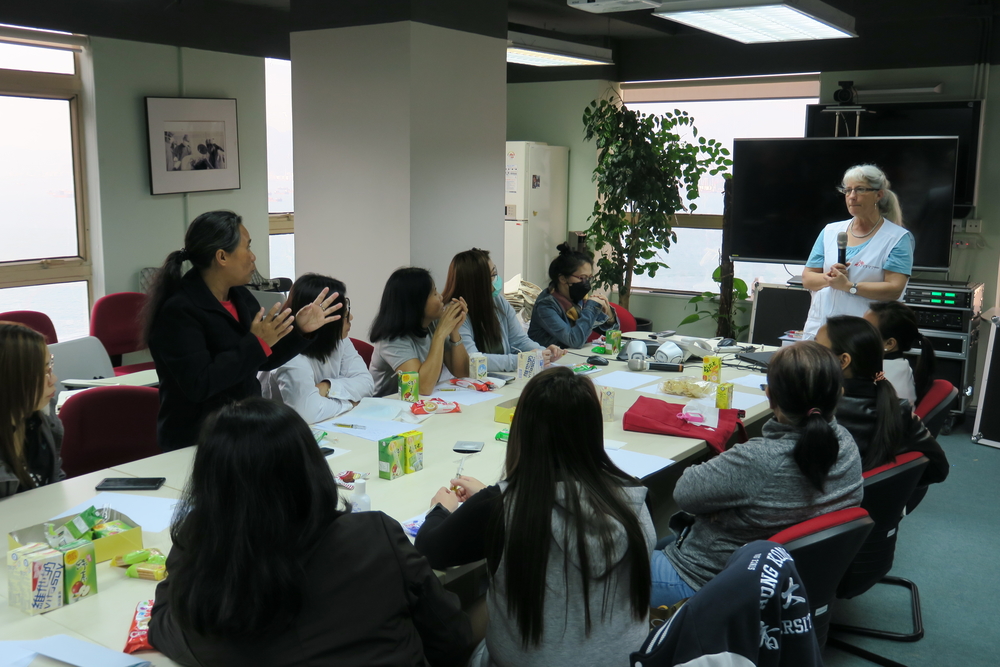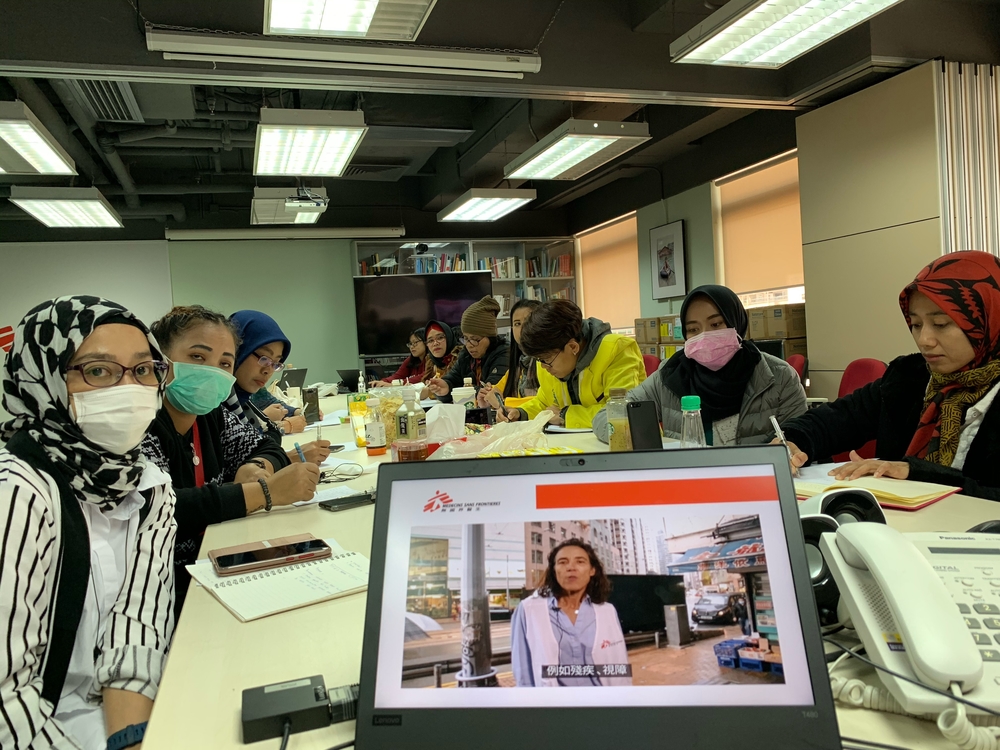COVID-19: A letter from Dr. Christos Christou, MSF International President
The following letter was sent by Dr. Christos Christou, International President of Doctors Without Borders/Médecins Sans Frontières (MSF), on March 19, 2020, to MSF teams and colleagues around the world, about the impact of COVID-19 on the organization’s emergency humanitarian medical work and how MSF is currently responding to this crisis.
As a medical humanitarian organization with projects and teams around the world, Doctors Without Borders/Médecins Sans Frontières (MSF) finds itself in the midst of a pandemic, which will touch each and every one of us, our families, our friends, our communities and of course the people we serve. As we plan our response, it is vital that we take time to look out for each other and offer support and solidarity. I want to take this opportunity to thank all of you who are working on this, for your hard work and contribution now and in the months to come.
As I write, COVID-19 has already impacted many countries all over the world and will continue affecting more communities over the coming weeks and months. As this unfolds, we must both witness and support the response where we can and how we can, building on our long experience as an emergency organization, and our expertise in responding to major epidemics.
A key priority is to keep our regular medical programs running for the hundreds of thousands of patients we care for and for the extremely vulnerable communities we help around the world.
In most countries where MSF works, we are coordinating with the World Health Organization and ministries of health to see how we can contribute in case of large numbers of COVID-19 patients. Additionally, we are providing training and increasing efforts on infection prevention and control measures for health facilities and the protection of health staff and patients. We are doing our best to maintain services and prepare teams in our programs for what may come. Of particular concern are communities and groups who live in precarious conditions where there may be overcrowding, little access to water and sanitation and difficult access to healthcare
We face massive challenges, including overcoming the difficulties of moving and placing experienced staff where we need them to be, and ensuring available medical supplies – especially personal protective equipment – for both our regular medical programs and any COVID-19-related response. There are also uncertainties on how this crisis will impact the world’s economies, our own finances and the capacity of some donors to continue to support us. But with our energy and your continued support, I am convinced we will find solutions to these issues.
- While our ability to respond to the pandemic on the scale required will be limited, we have started operations or have offered support in several places. In Italy, the second-most affected country after China, MSF has begun supporting four hospitals at the epicentre of the outbreak in the country’s north. Teams are supporting infection prevention and control as well as patient care. In France and Belgium we are going to help provide care for vulnerable groups such as homeless or migrants.
- In Greece, teams are in contact with the national public health organization to coordinate actions, including health education, and care for local residents and asylum seekers with COVID-19. MSF has also repeatedly called for the evacuation of the refugee camps in the Greek islands, especially with the emergence of cases.
- In Hong Kong, teams are providing health education and mental health support for vulnerable groups.
- In Iran, Afghanistan, Kyrgyzstan and other countries where we work, we have contacted authorities to assess their needs, propose support and provided guidance when requested.
Meanwhile, we must raise our voices publicly even louder than usual, to ensure that vulnerable and invisible populations do not get forgotten, while COVID-19 grabs all the attention. Even as the Ebola outbreak in Democratic Republic of Congo appears to be coming to an end, there are still multiple crises in communities that our teams witness and struggle with daily. Even worse, there are people who have no access to healthcare and whom we can’t reach.
We also have to use our influence to promote actions of solidarity. As the virus knows no borders, the collective reaction to this pandemic must also be managed without borders. Supplies must be sent to those most in need. Health workers must be protected to enable them to sustain the response over weeks and months. Sharing of data, knowledge, resources and health personnel can be game changers in enabling national health services to cope.
In the race to provide new tools to deal with the disease, the need for diagnostics, effective treatments and a vaccine cannot become the latest auction of the pharmaceutical industry, sold to the highest bidder. In the struggle to contain this pandemic, no one should be left behind.
COVID-19 is a global health emergency and responding to emergencies is in our DNA. Taking care of those in need, the sick and vulnerable – that’s what MSF does best. We have brilliant and dedicated teams around the world. With your support, we’re getting down to work and making sure we play our part.
Dr. Christos Christou,
International President
Doctors Without Borders/Médecins Sans Frontières (MSF)
